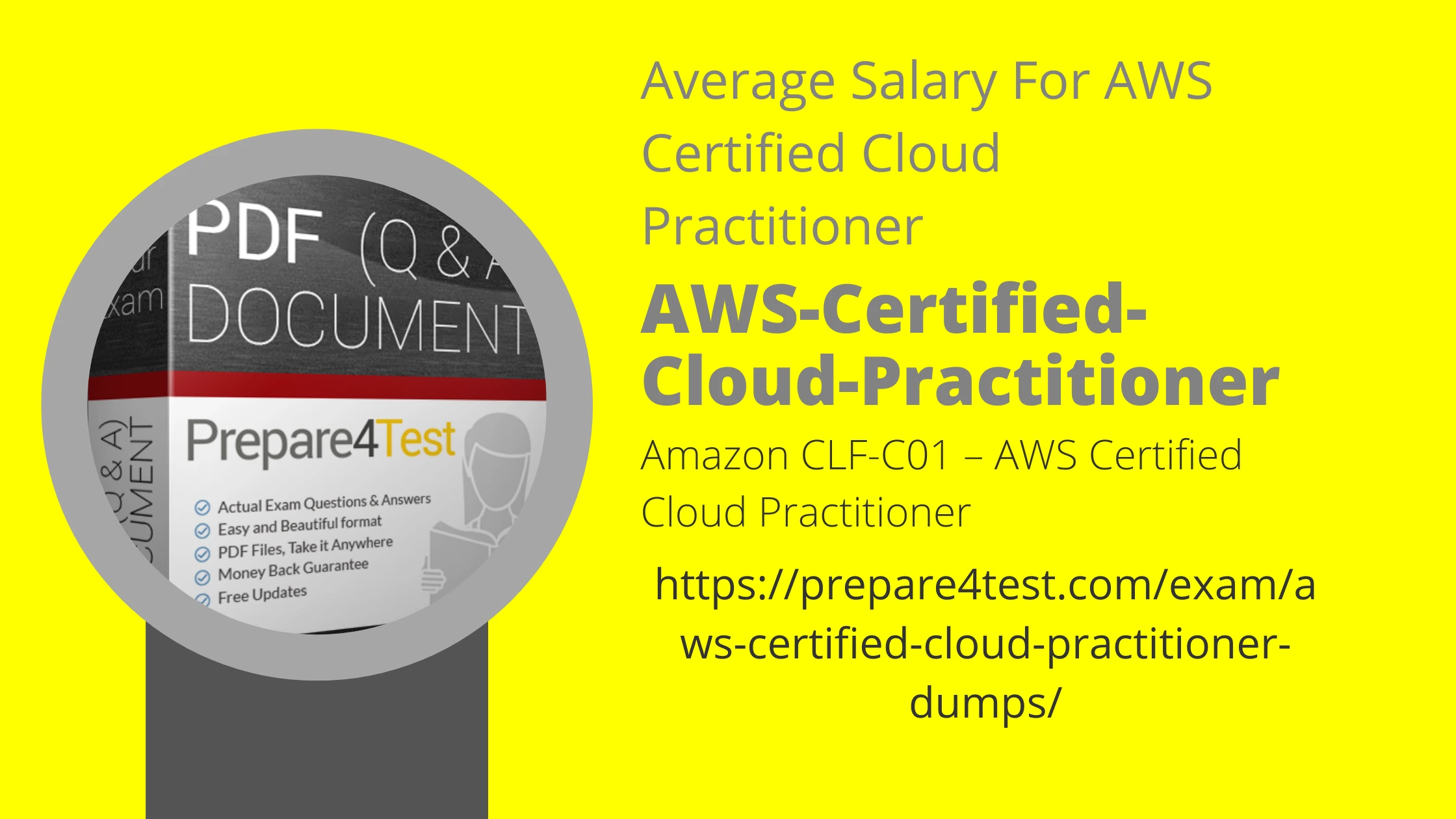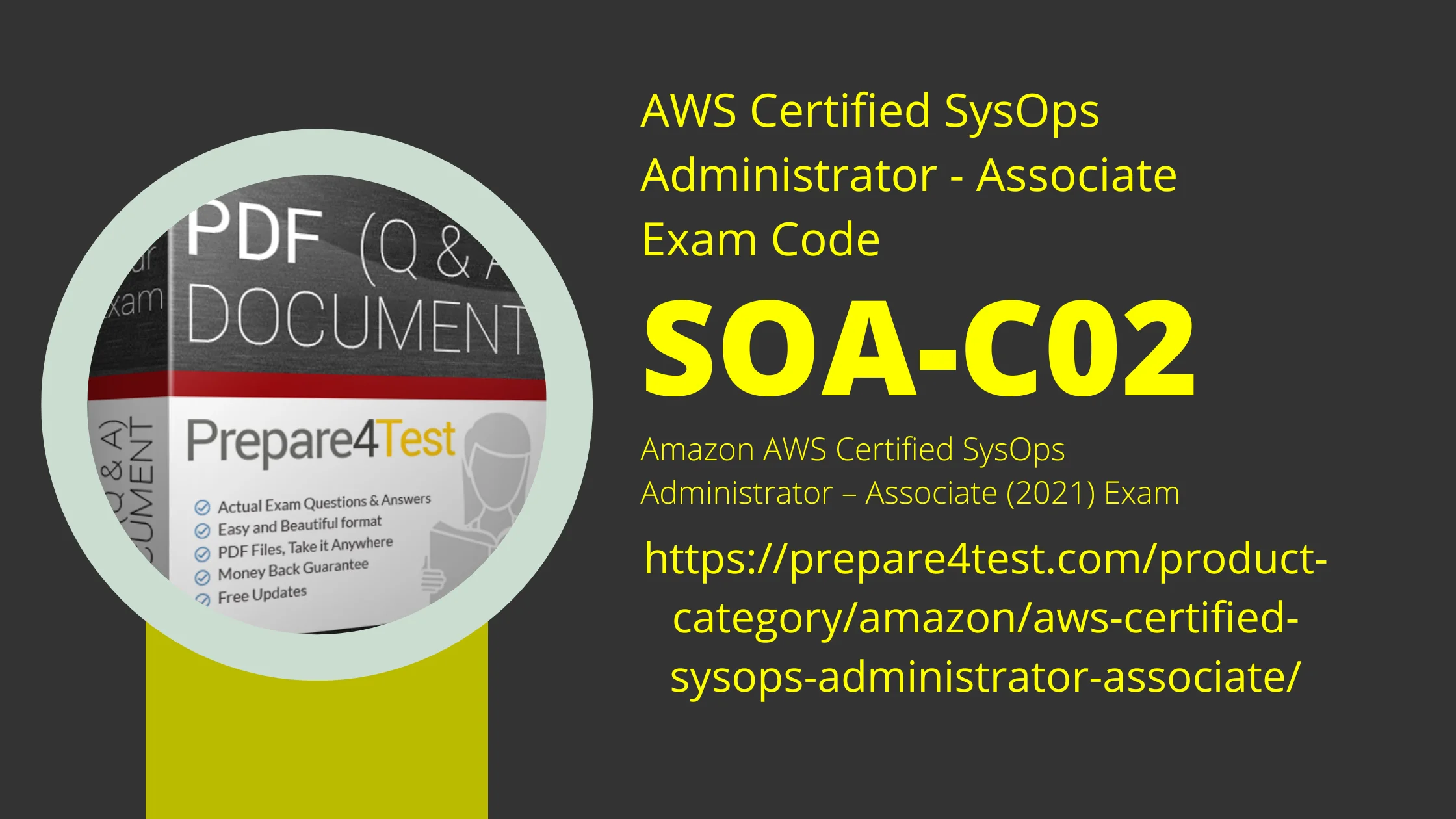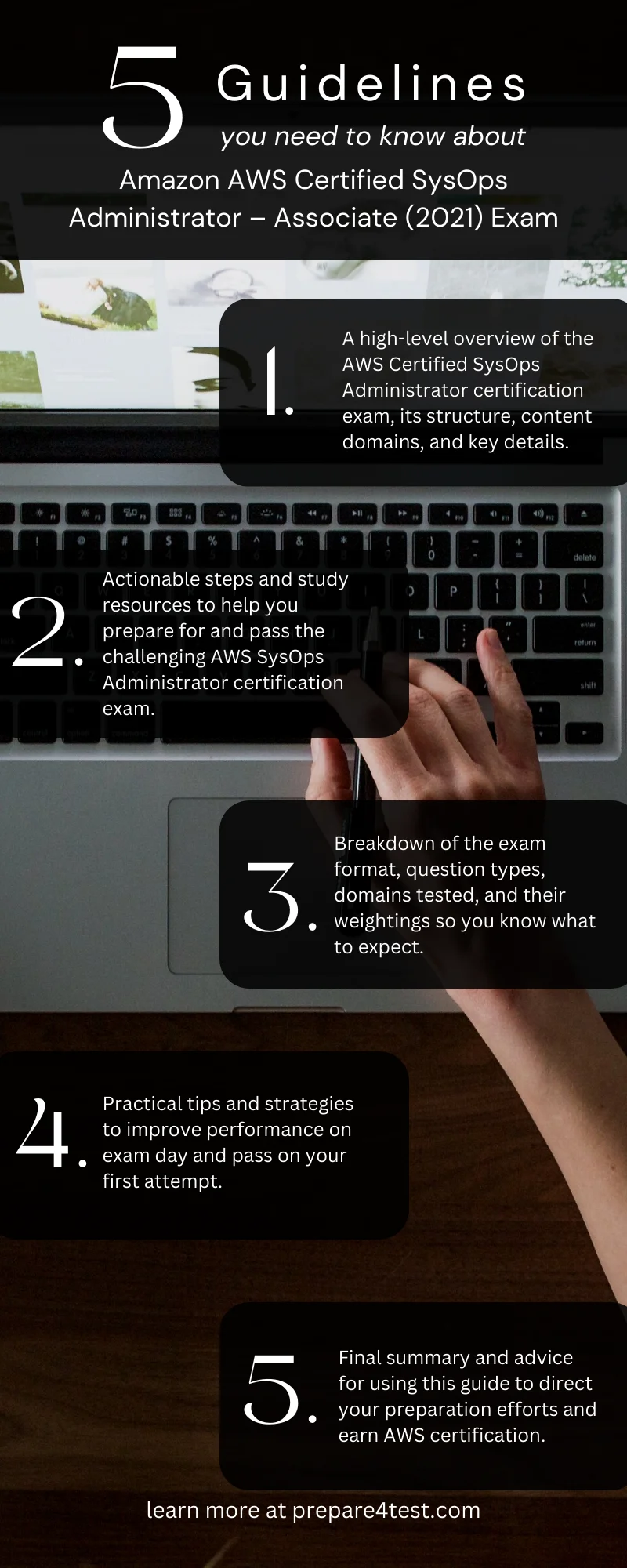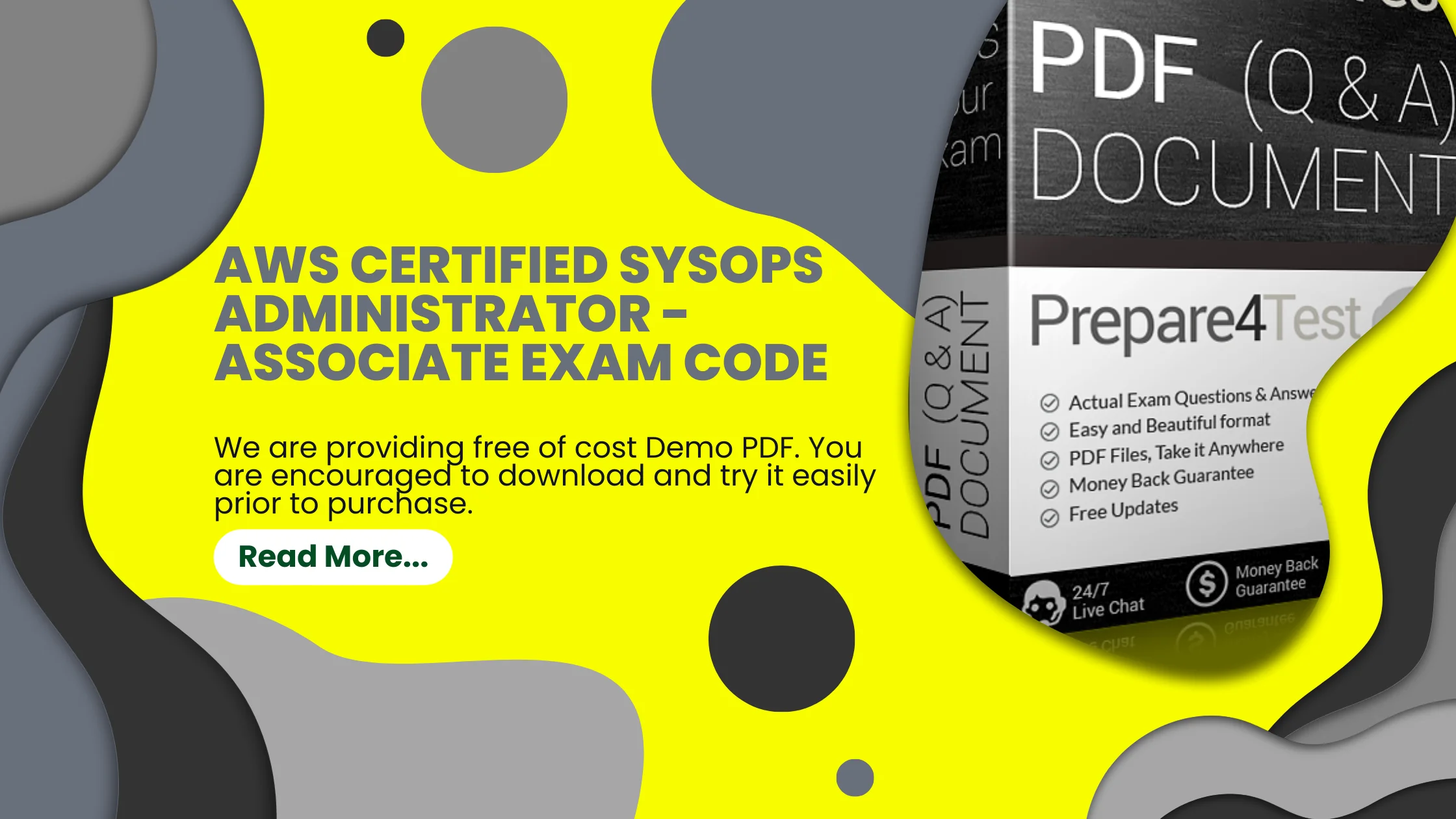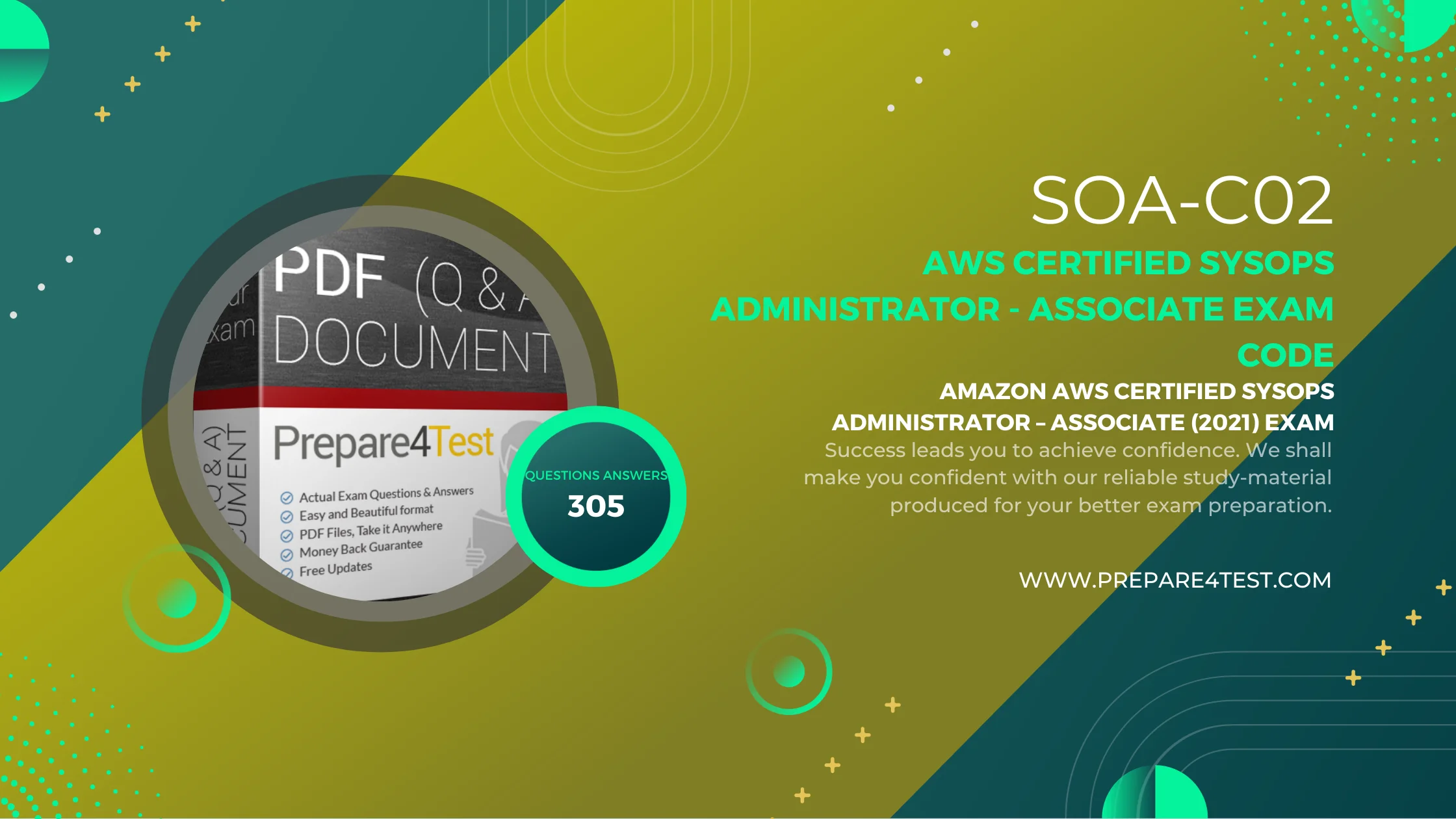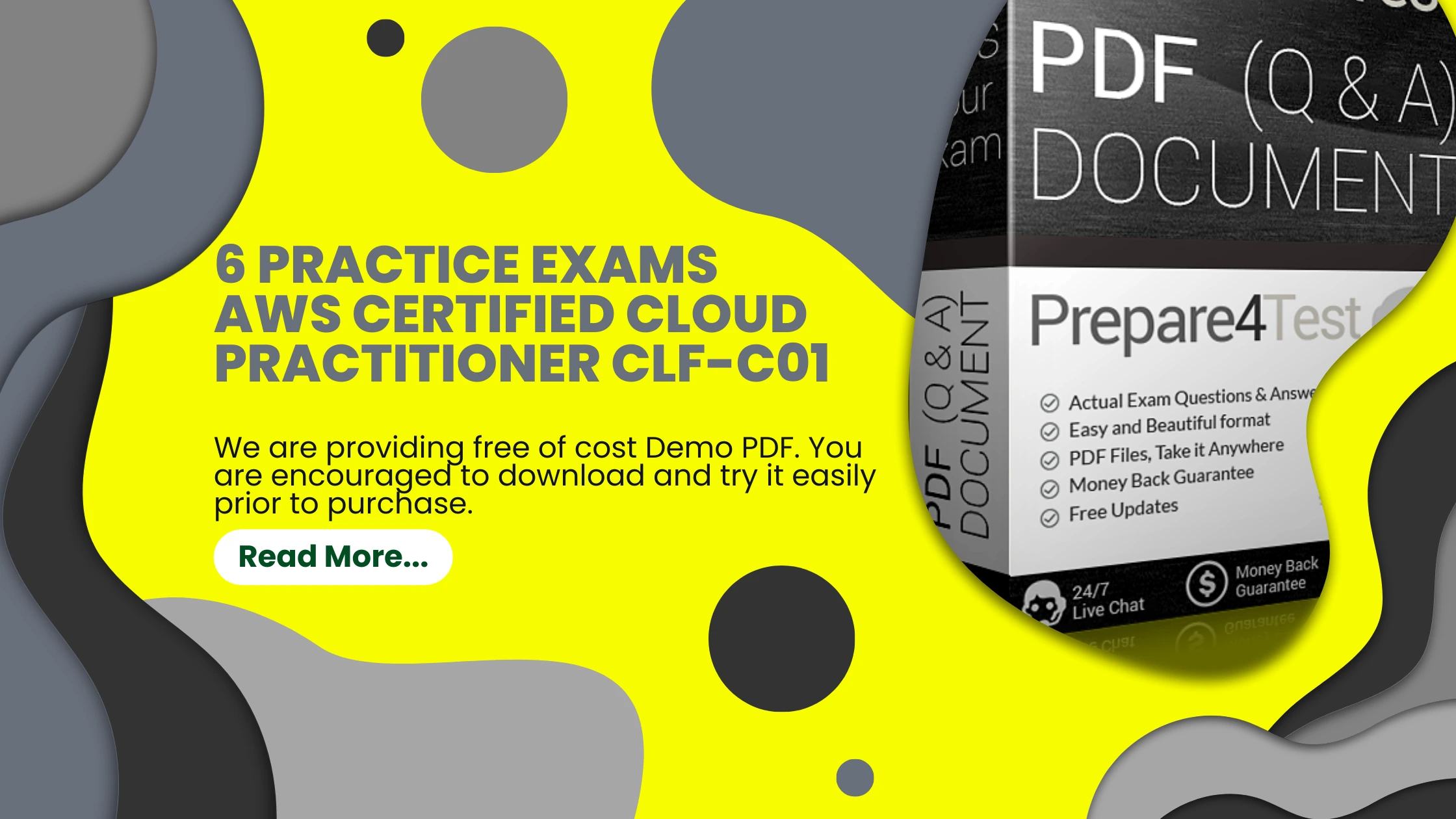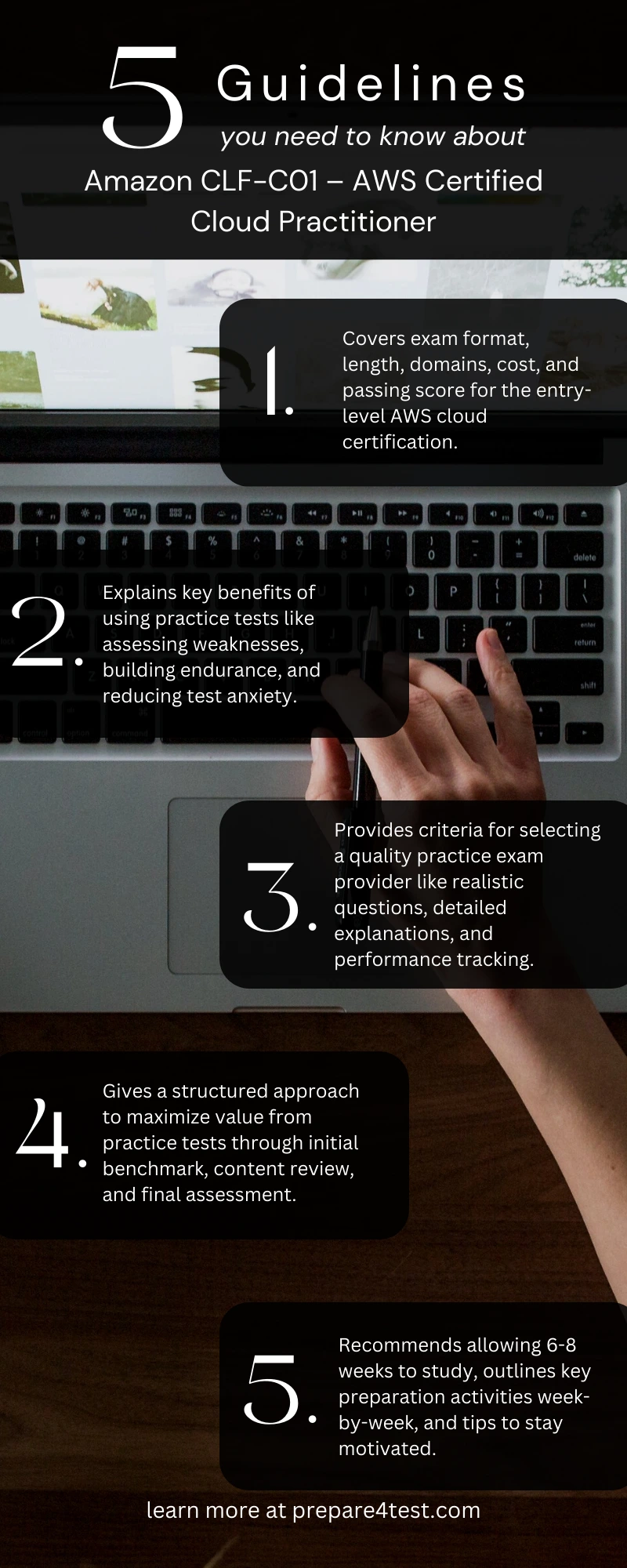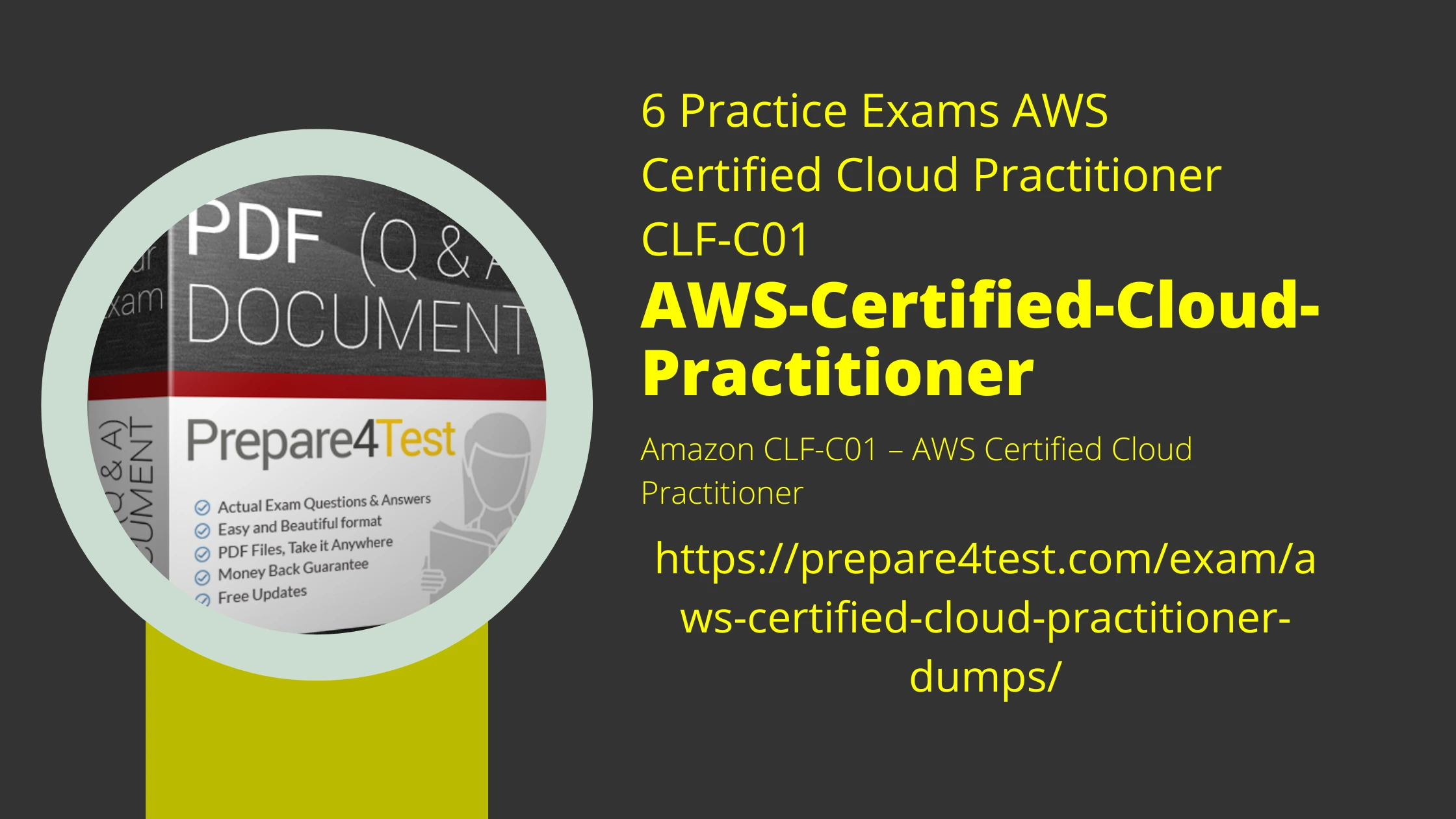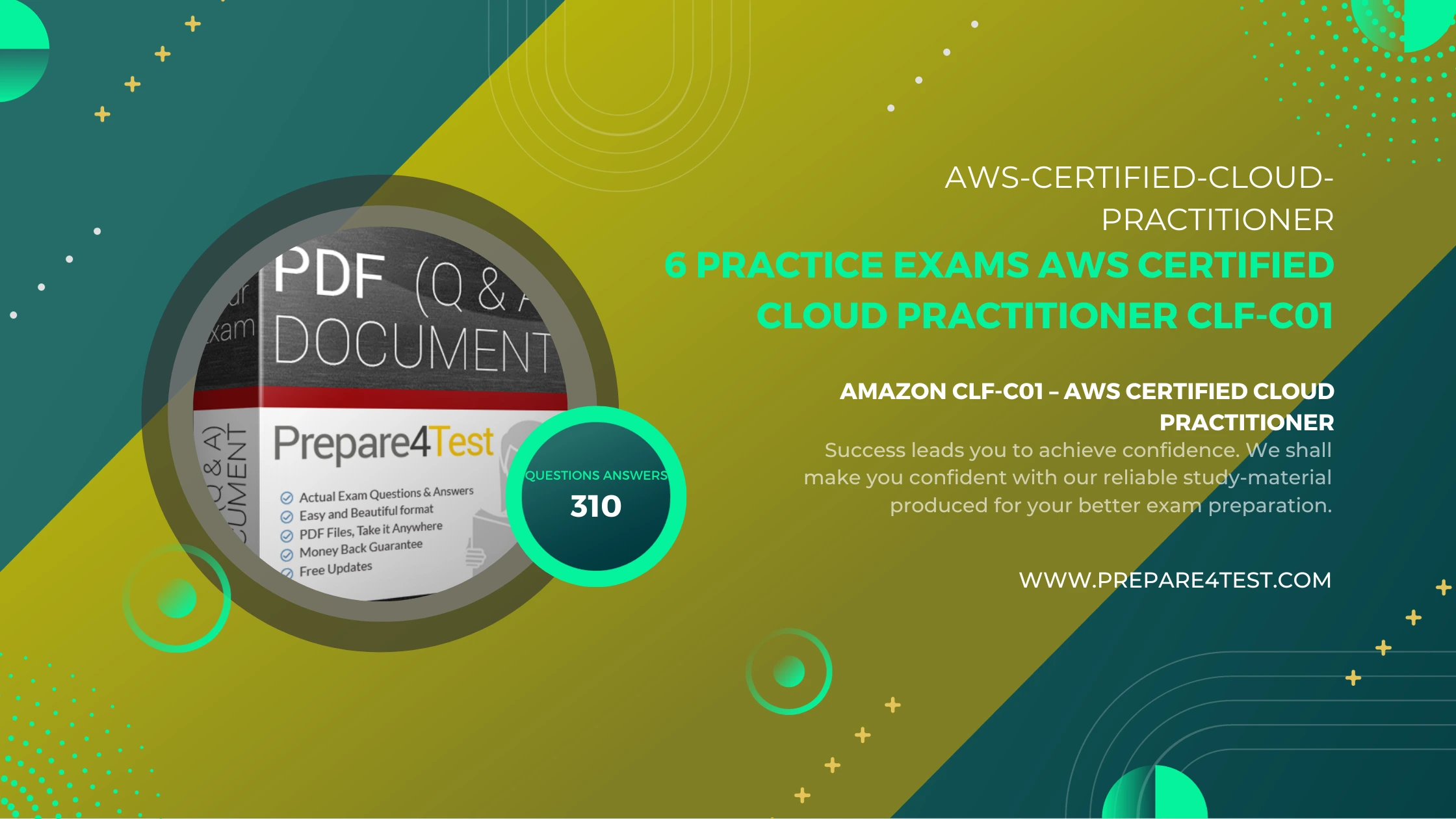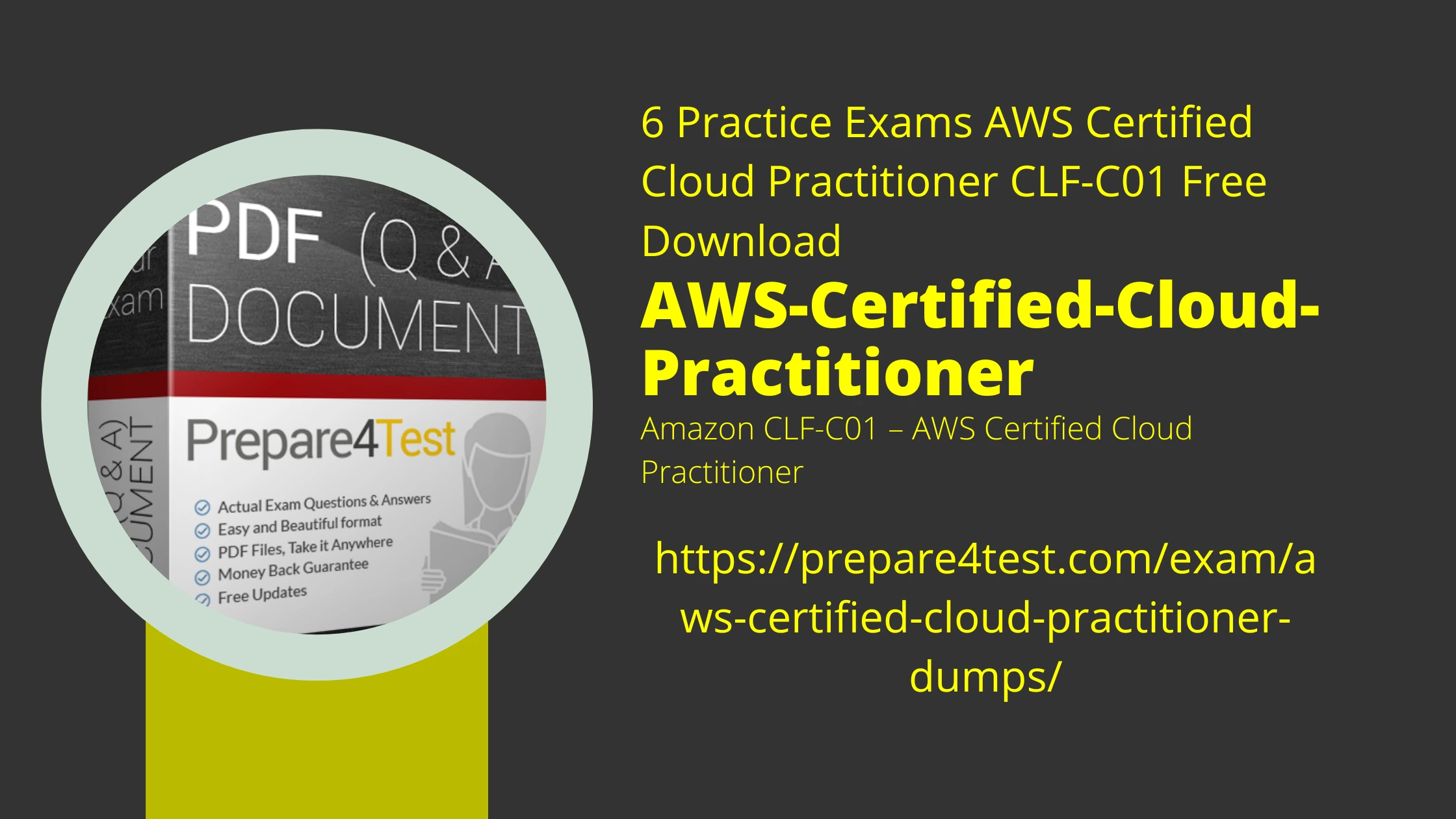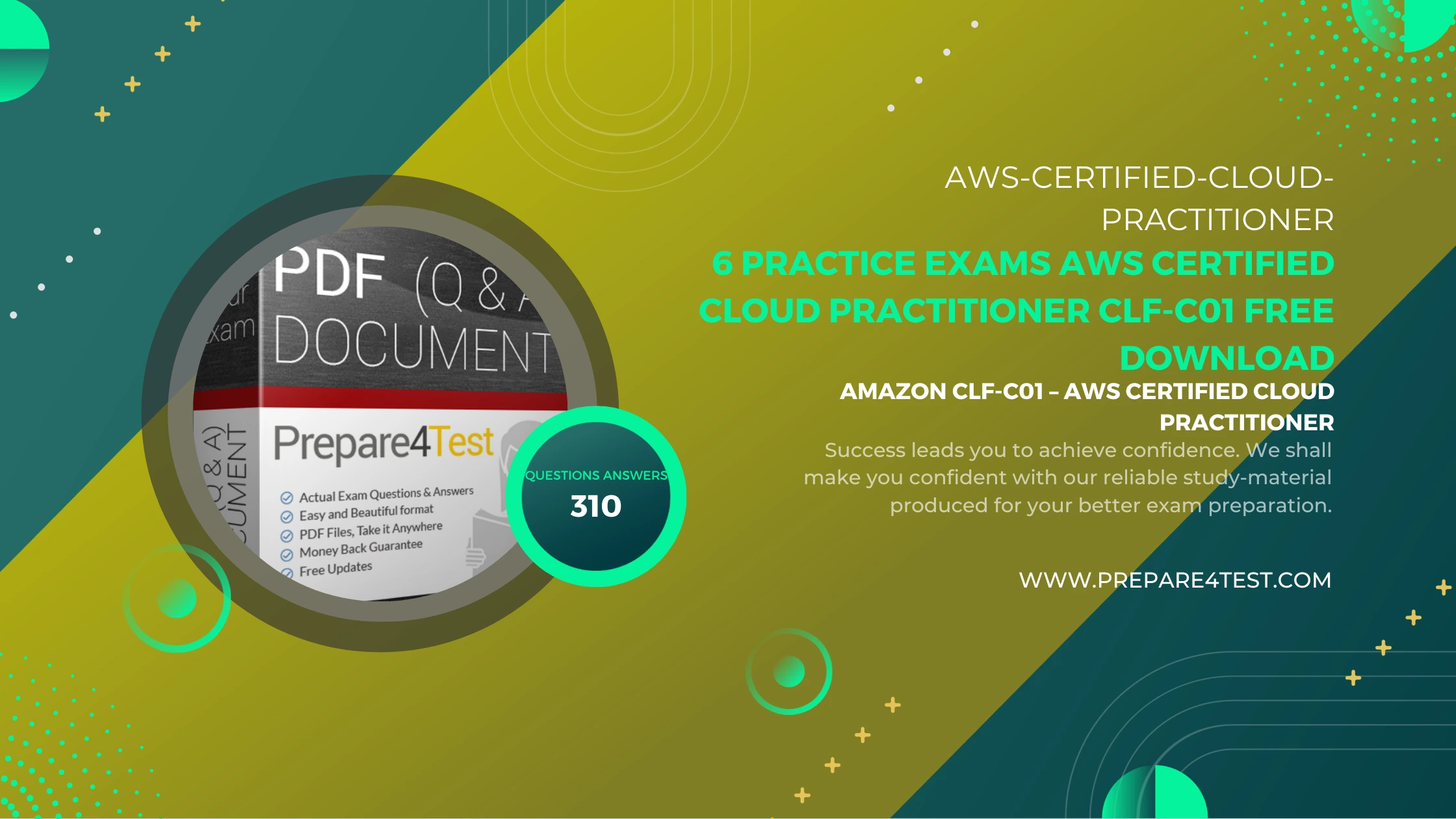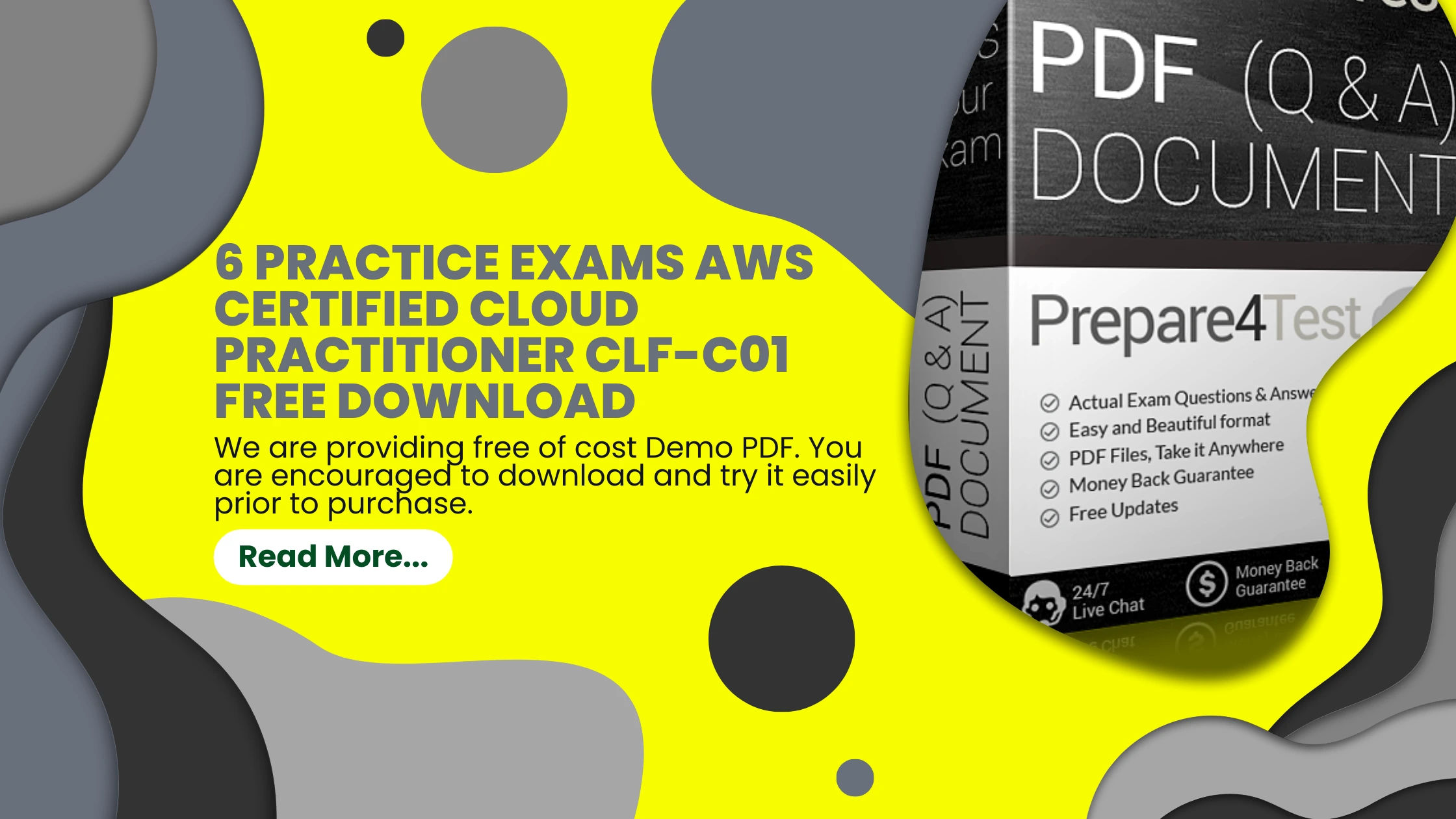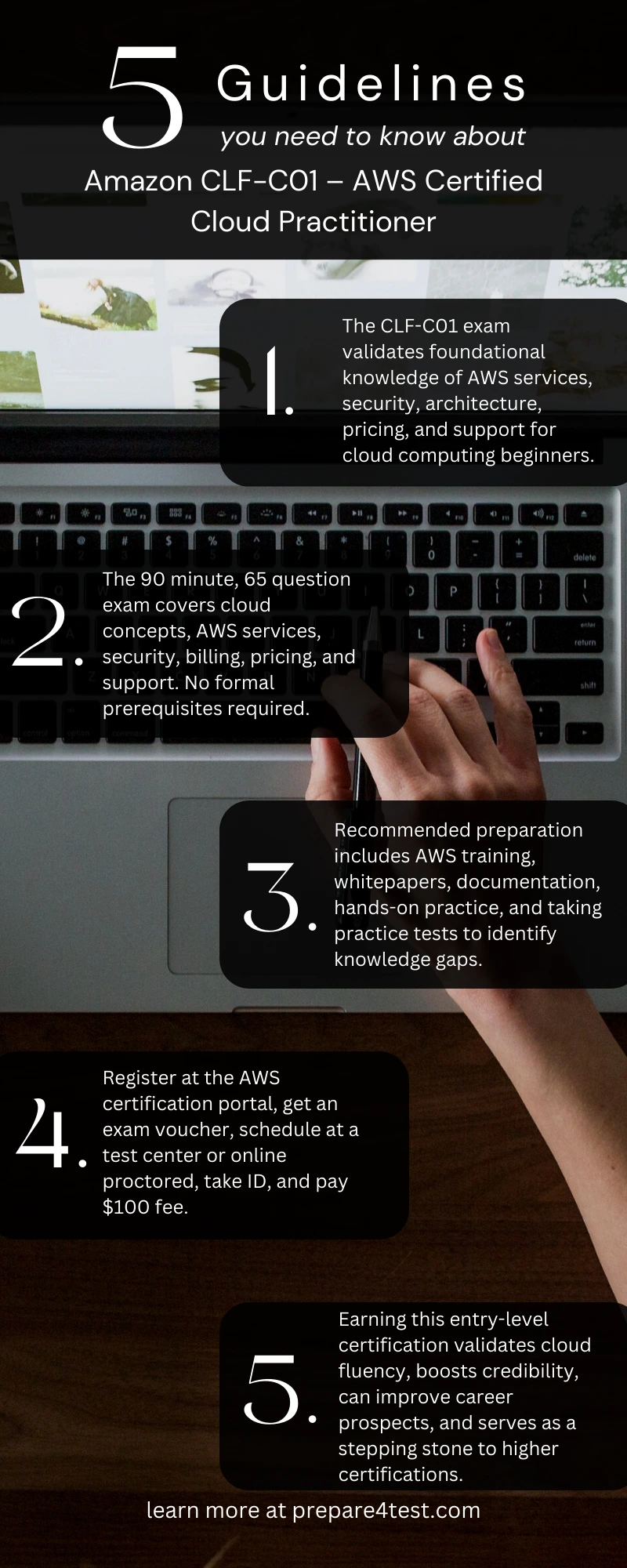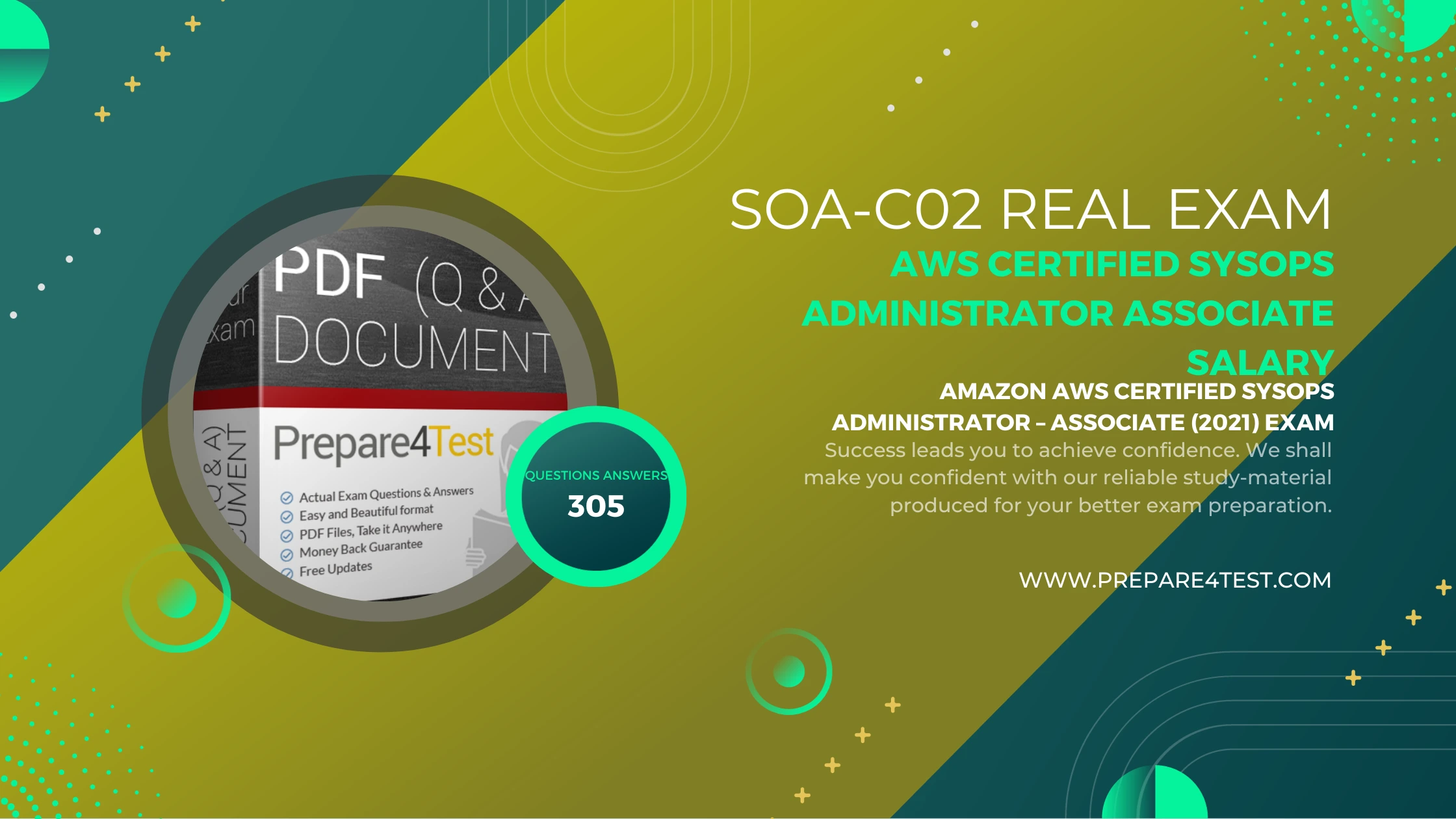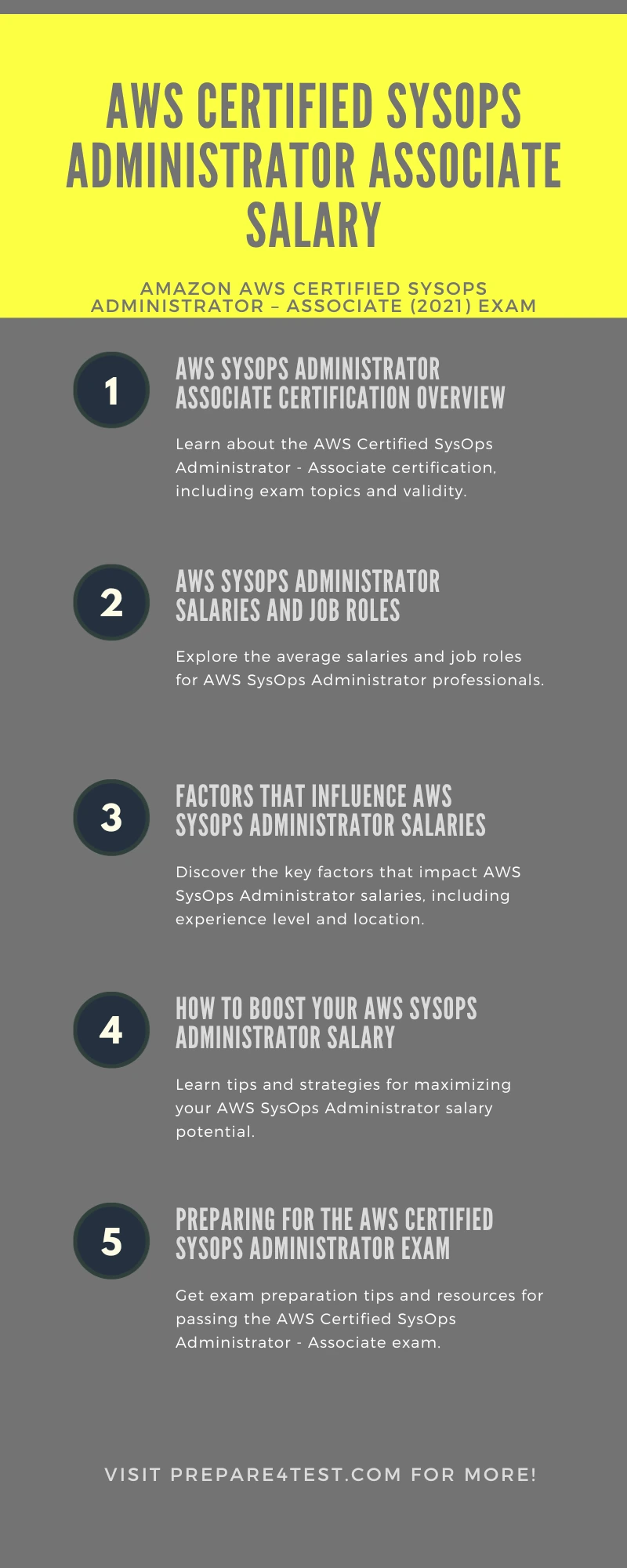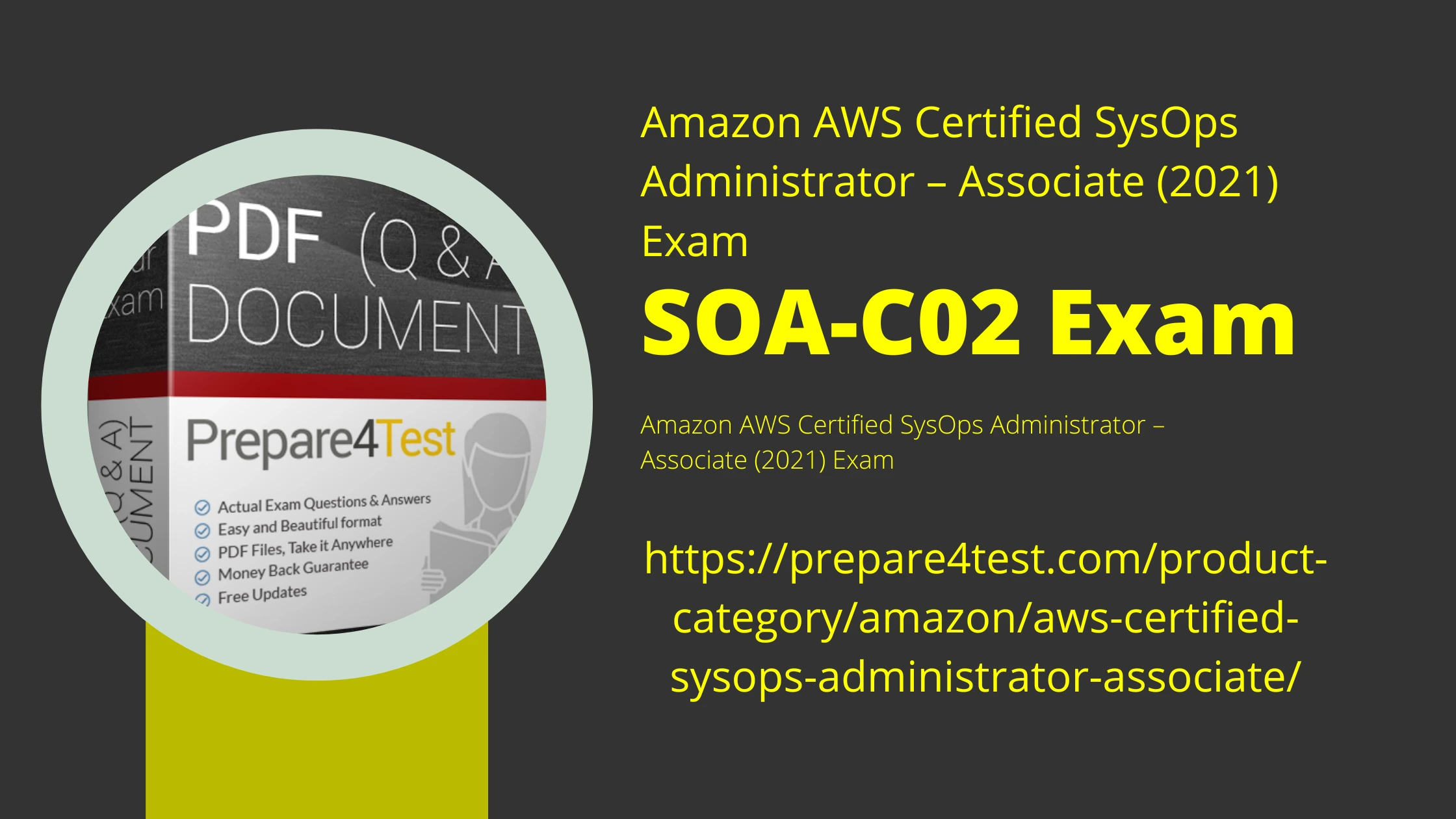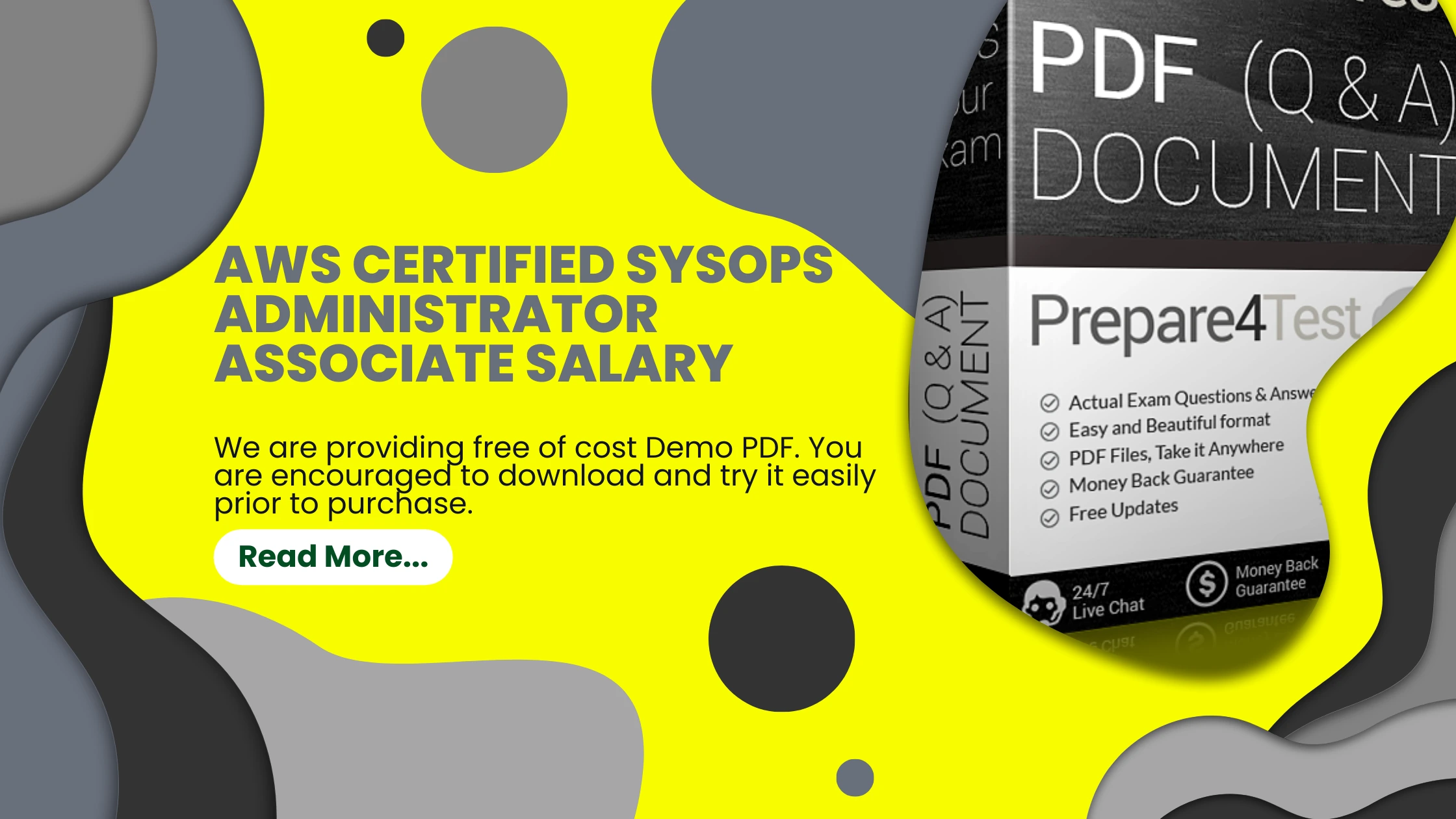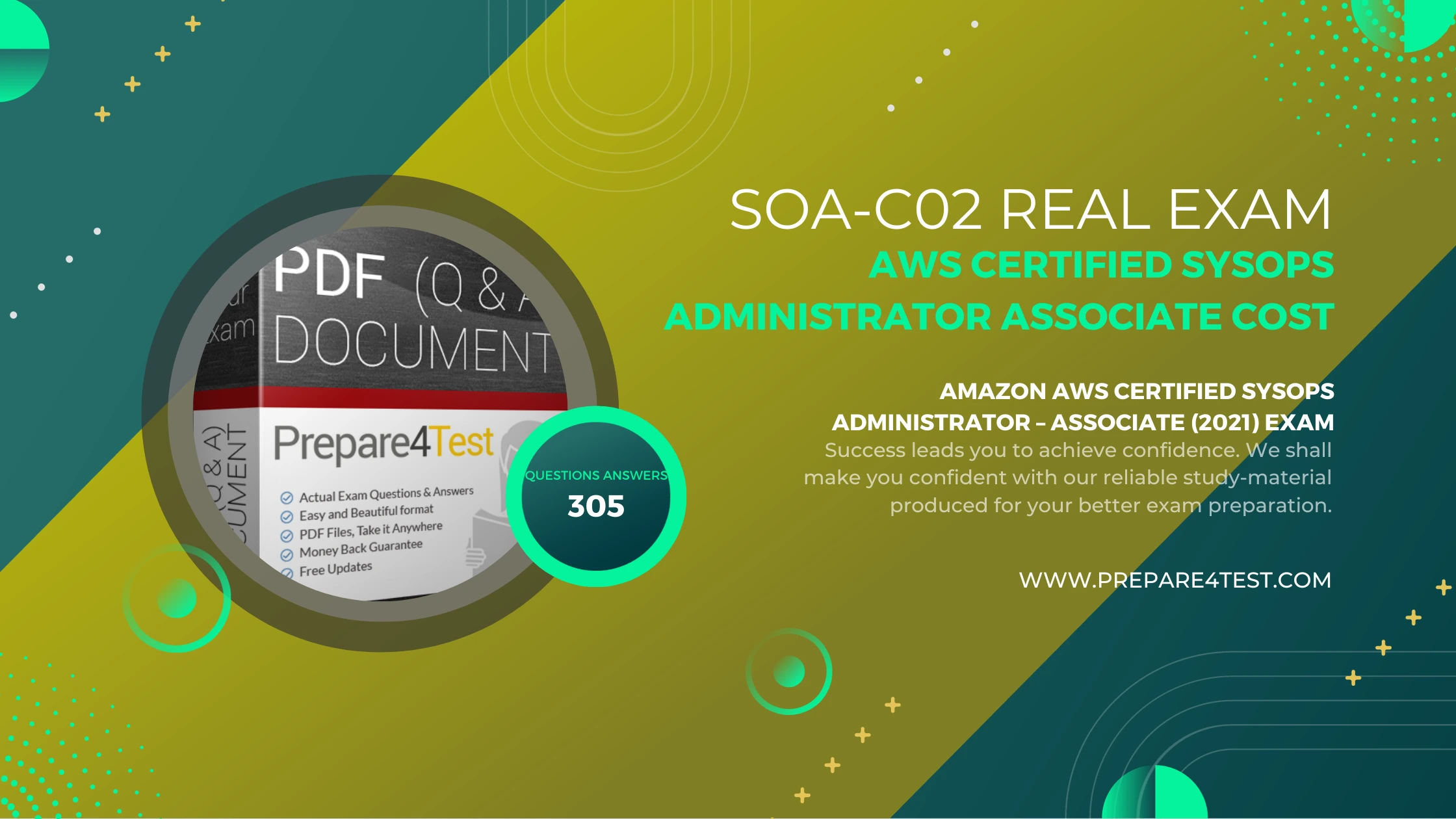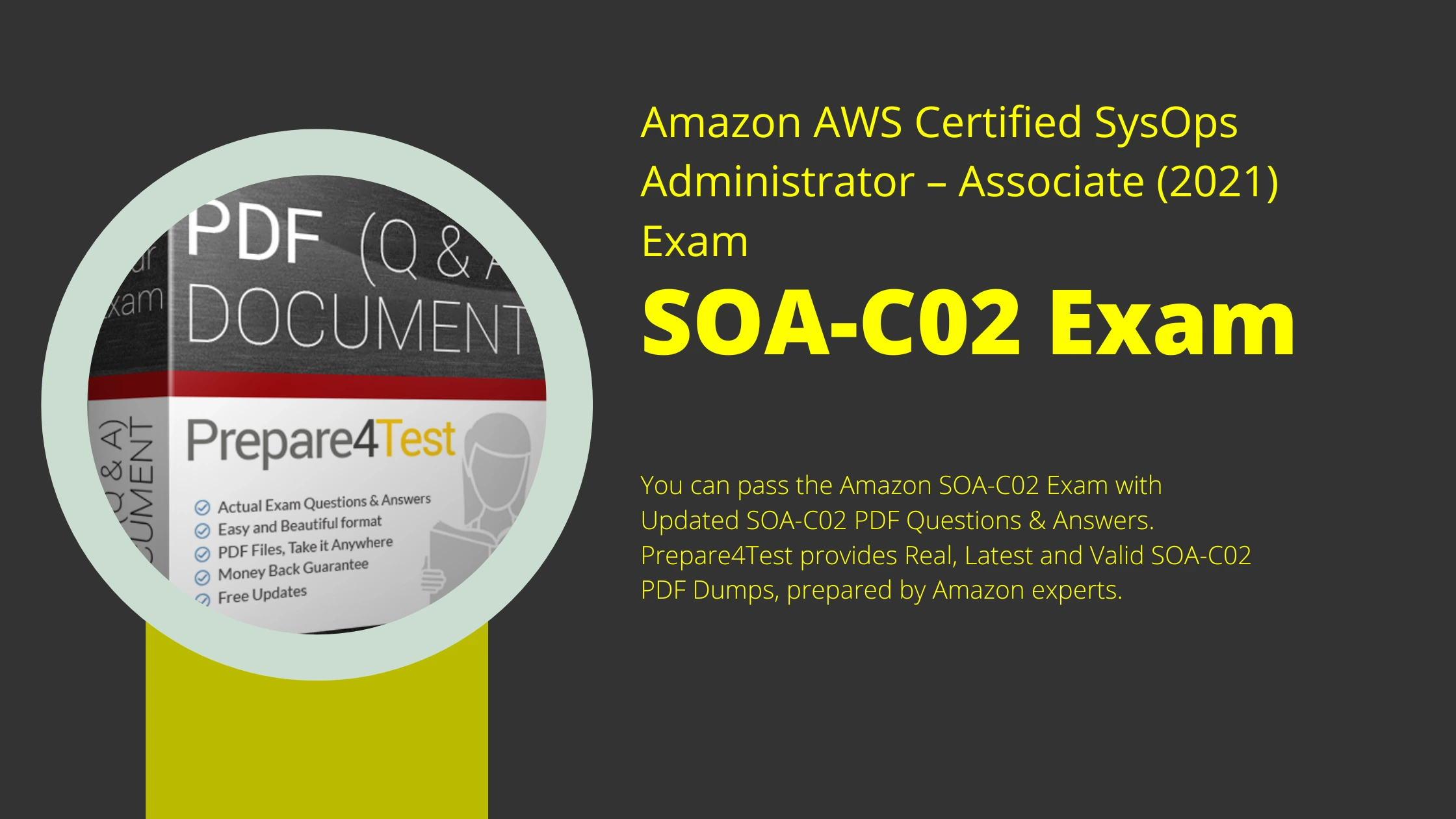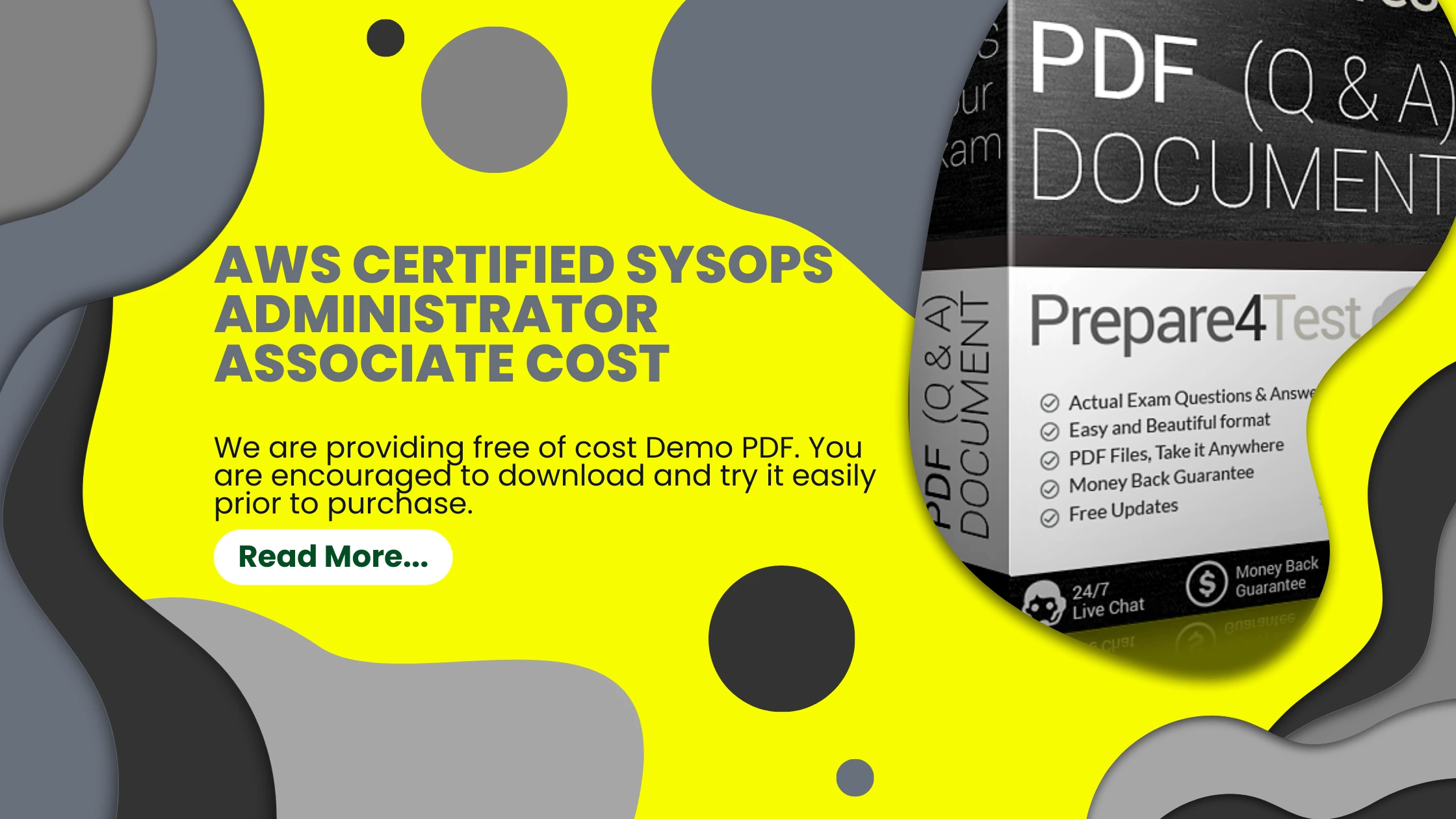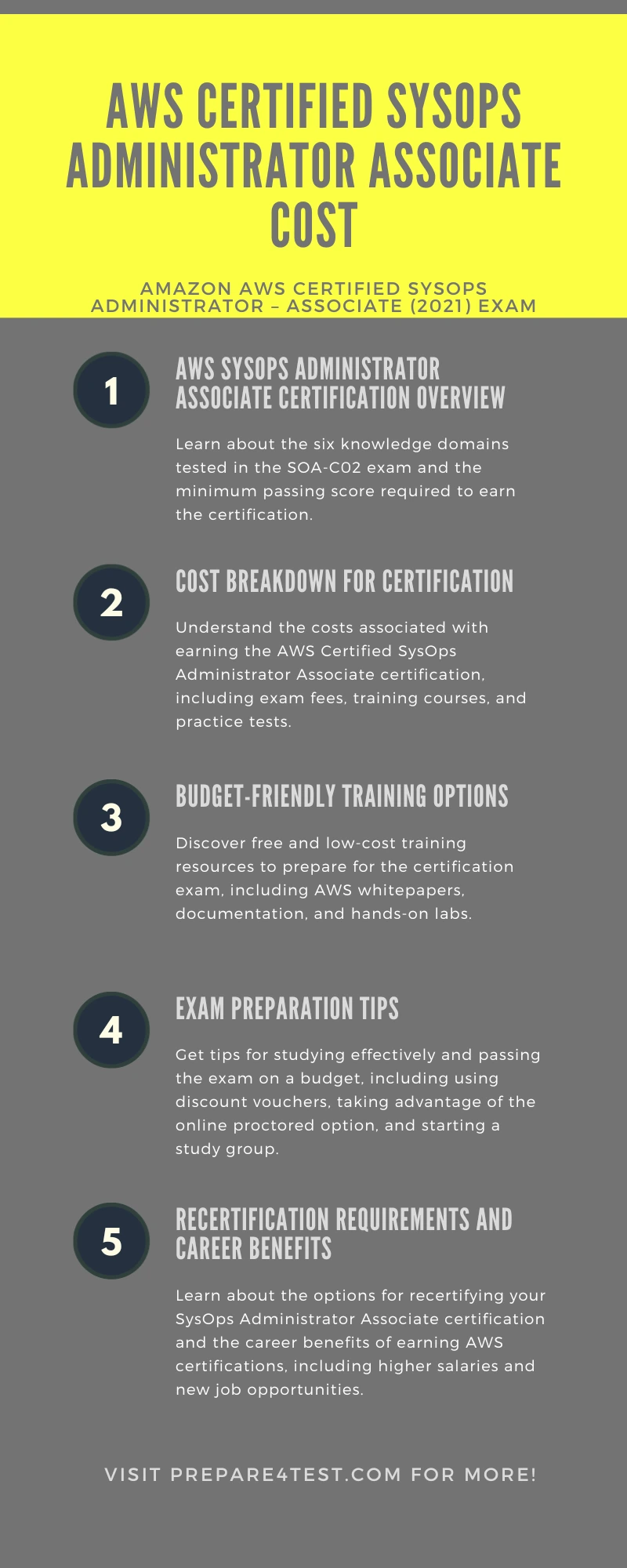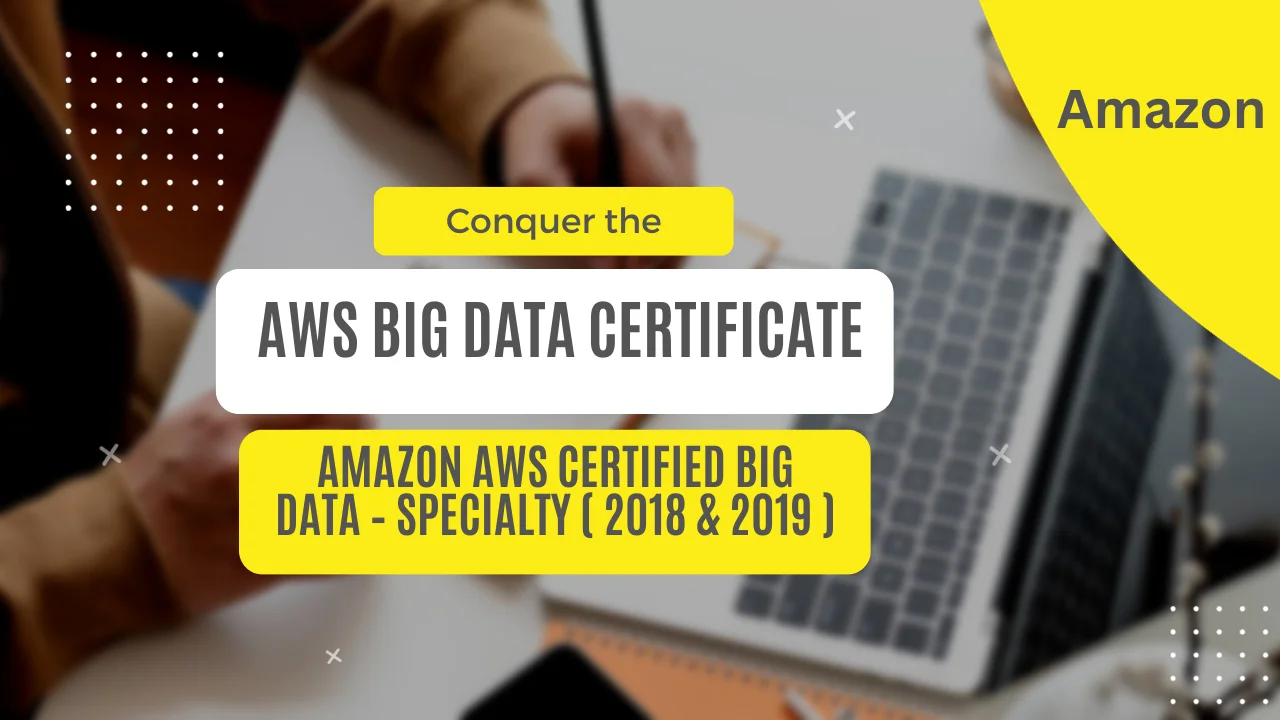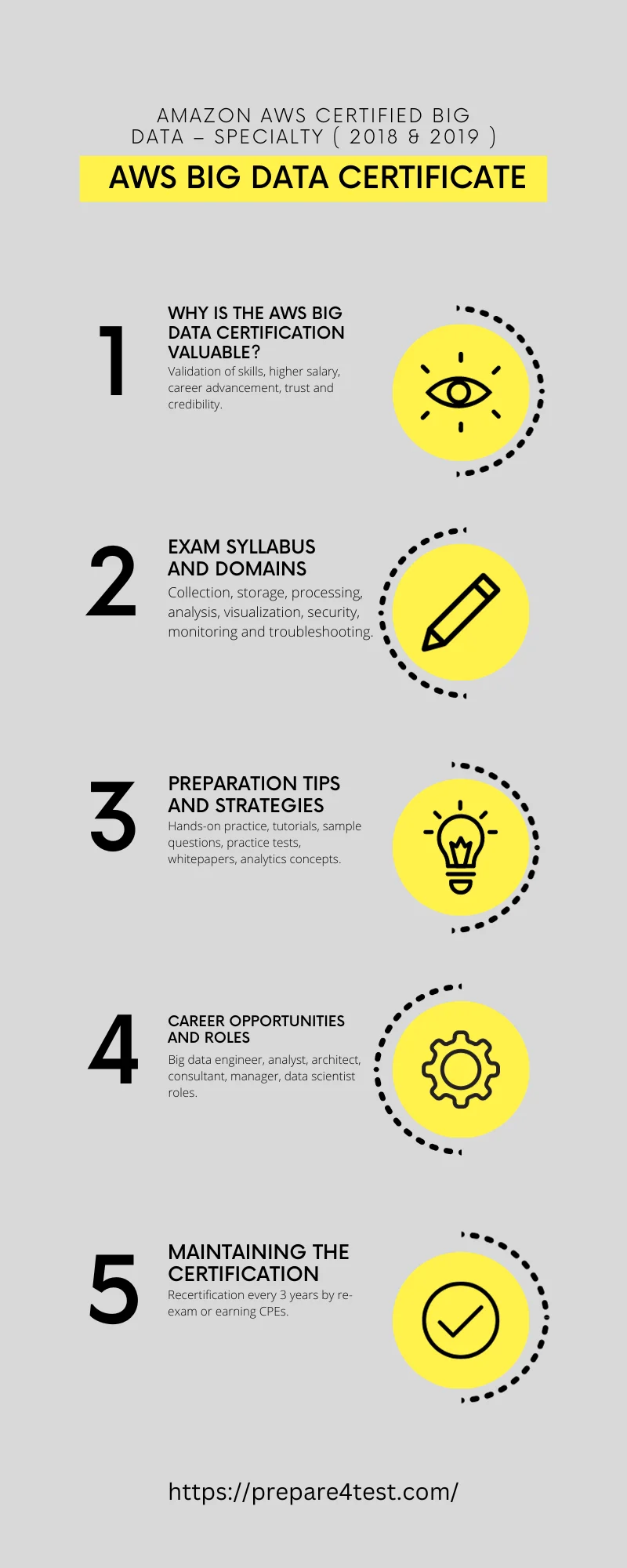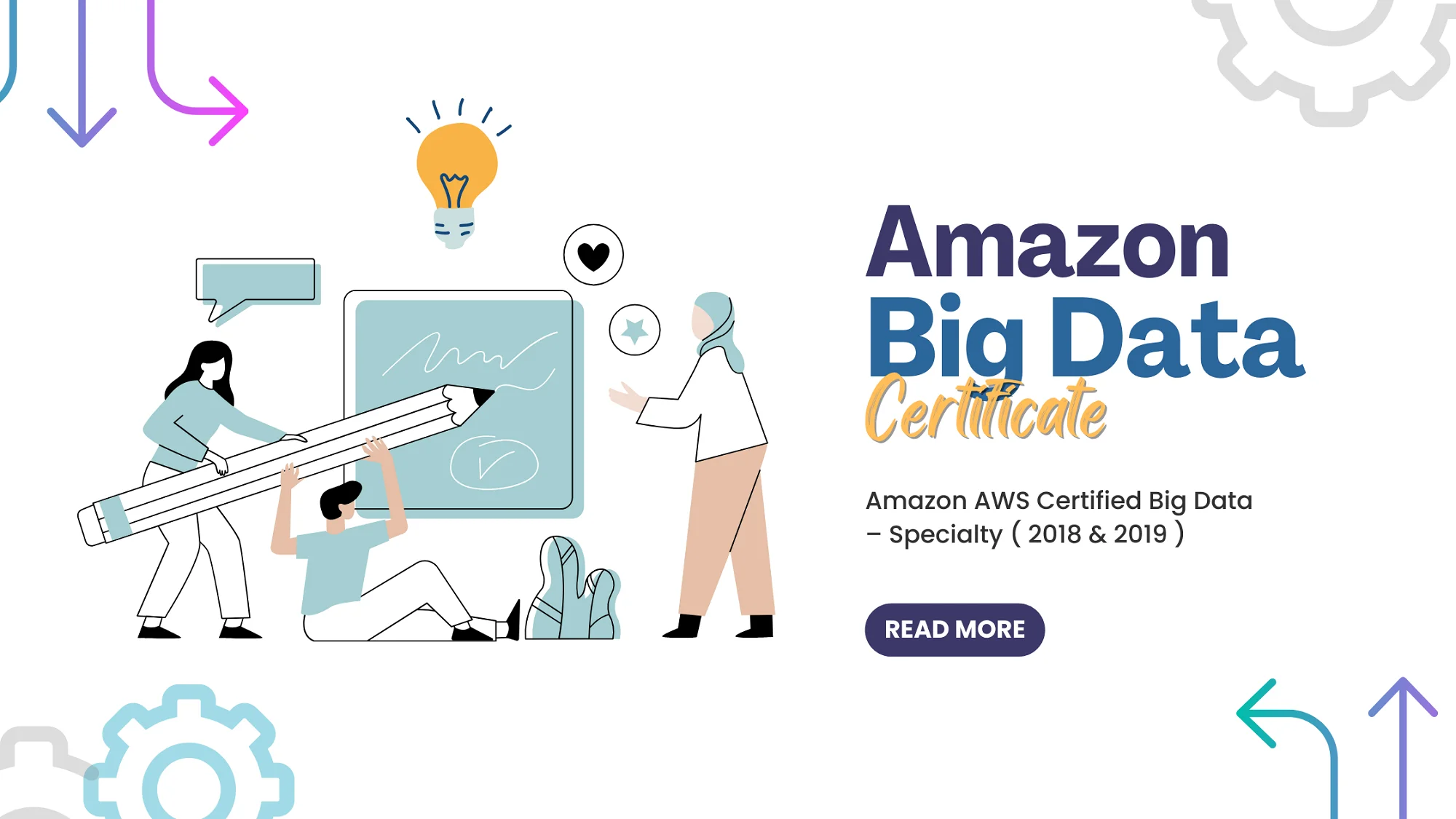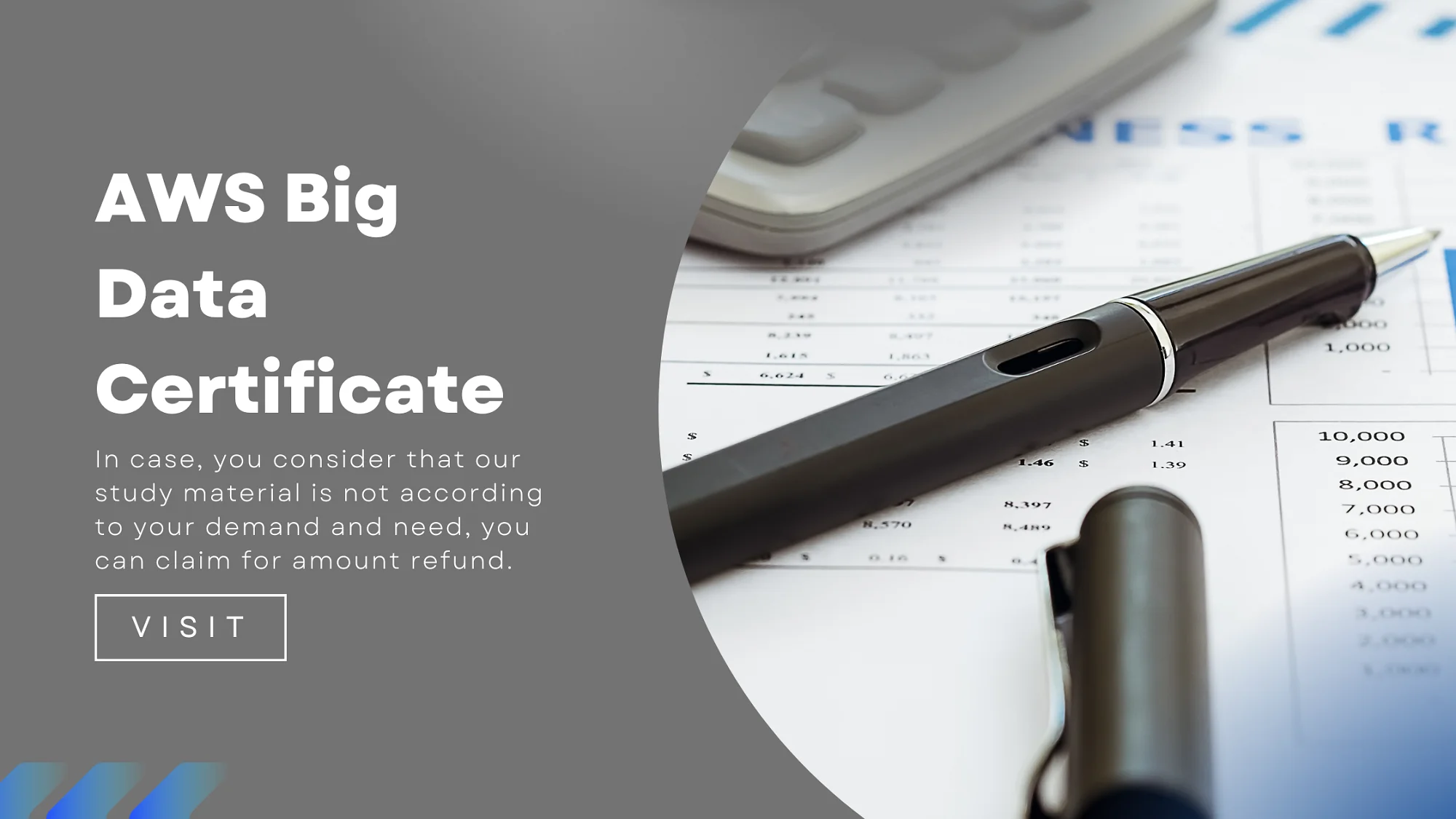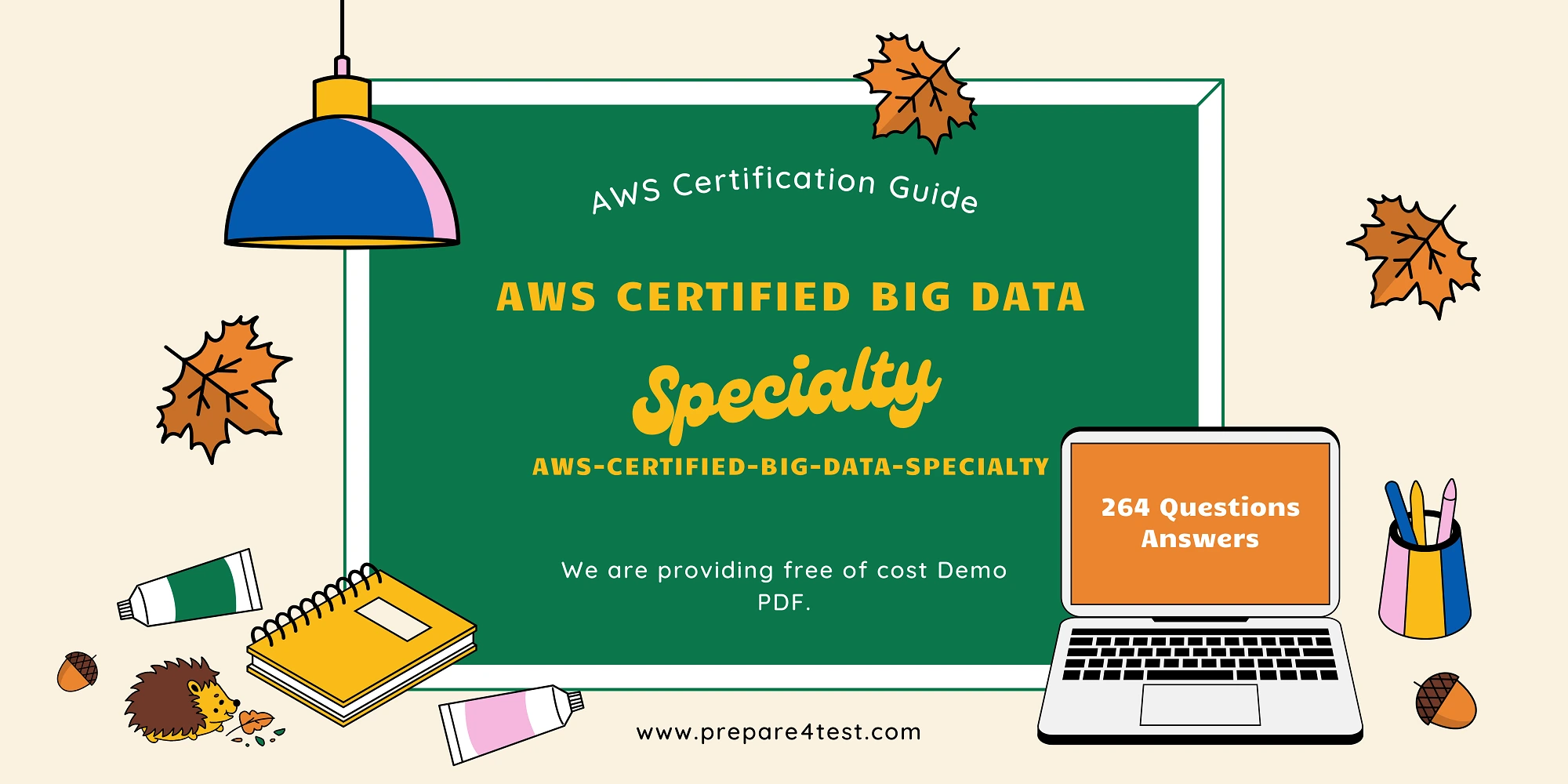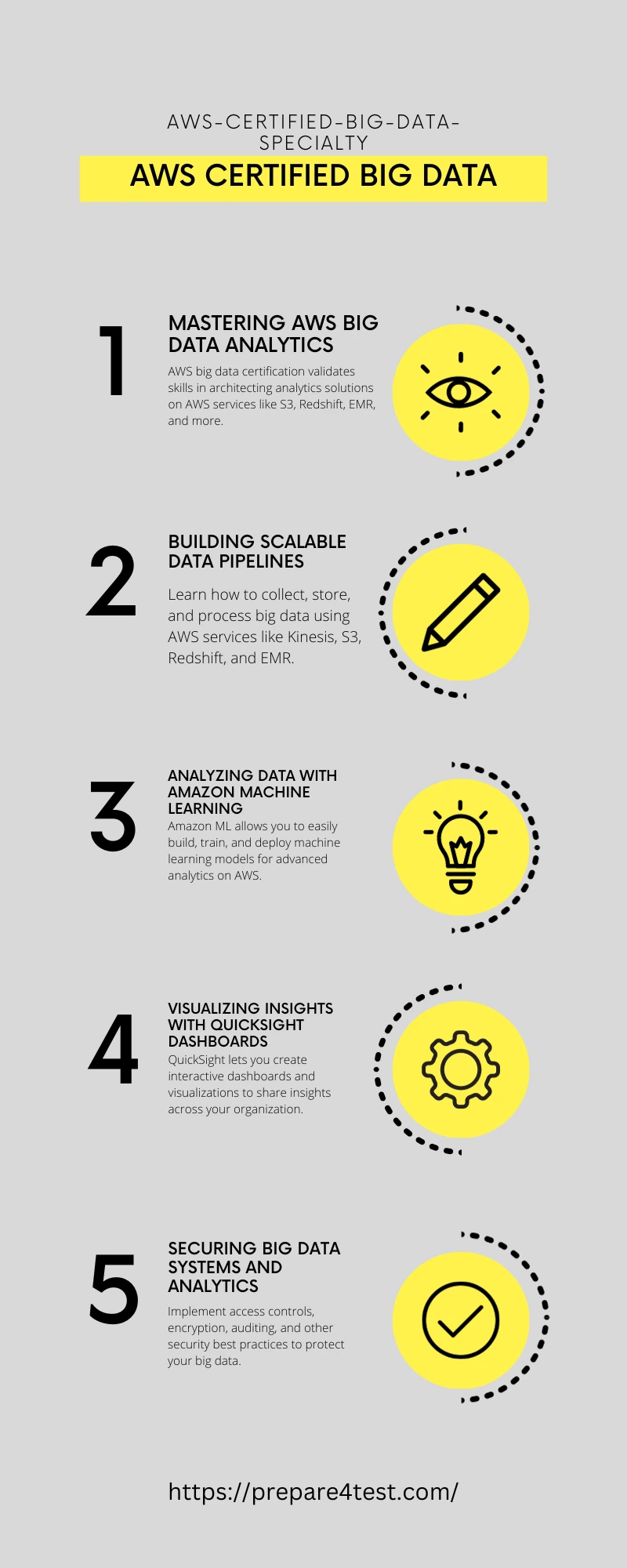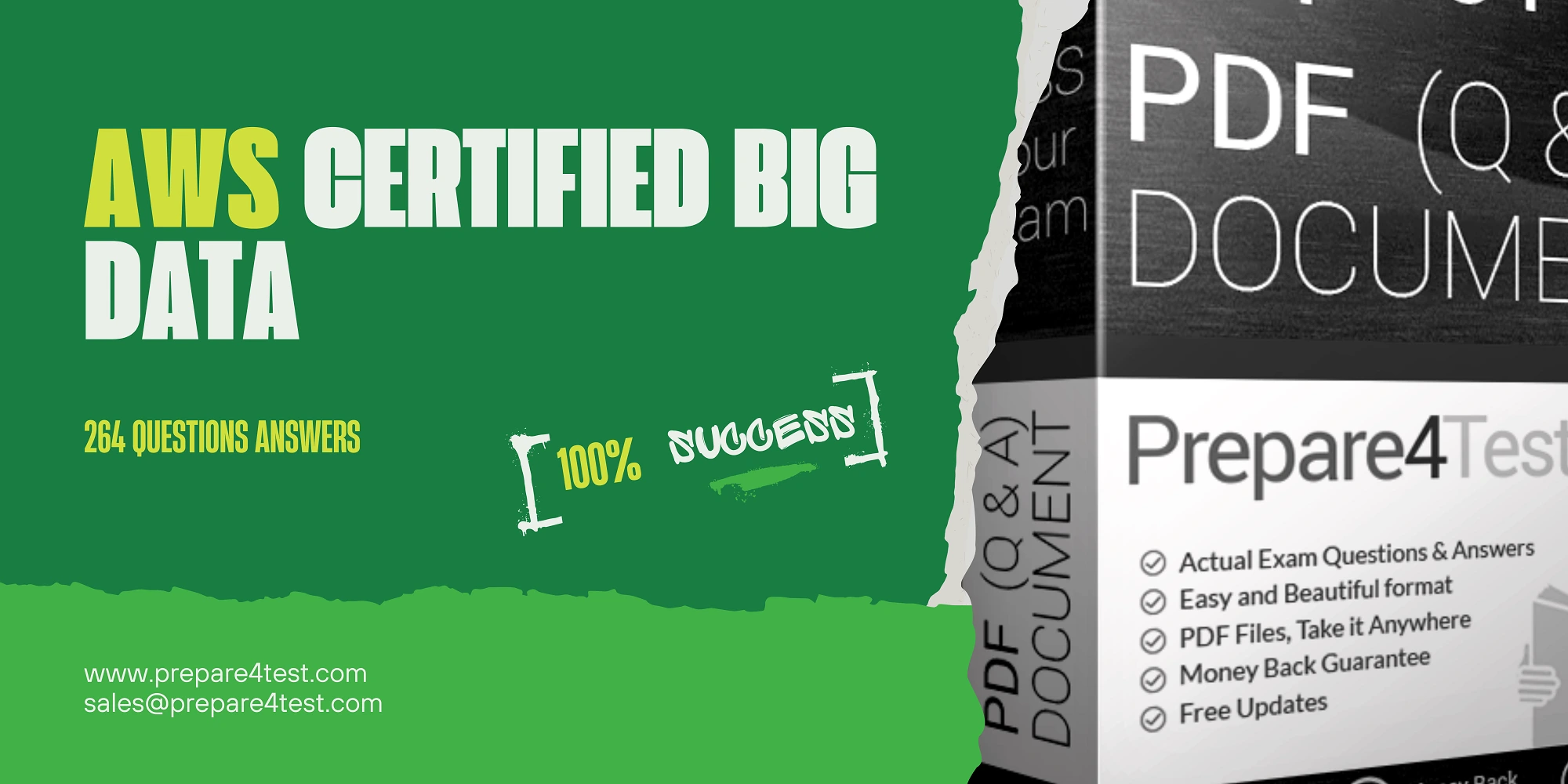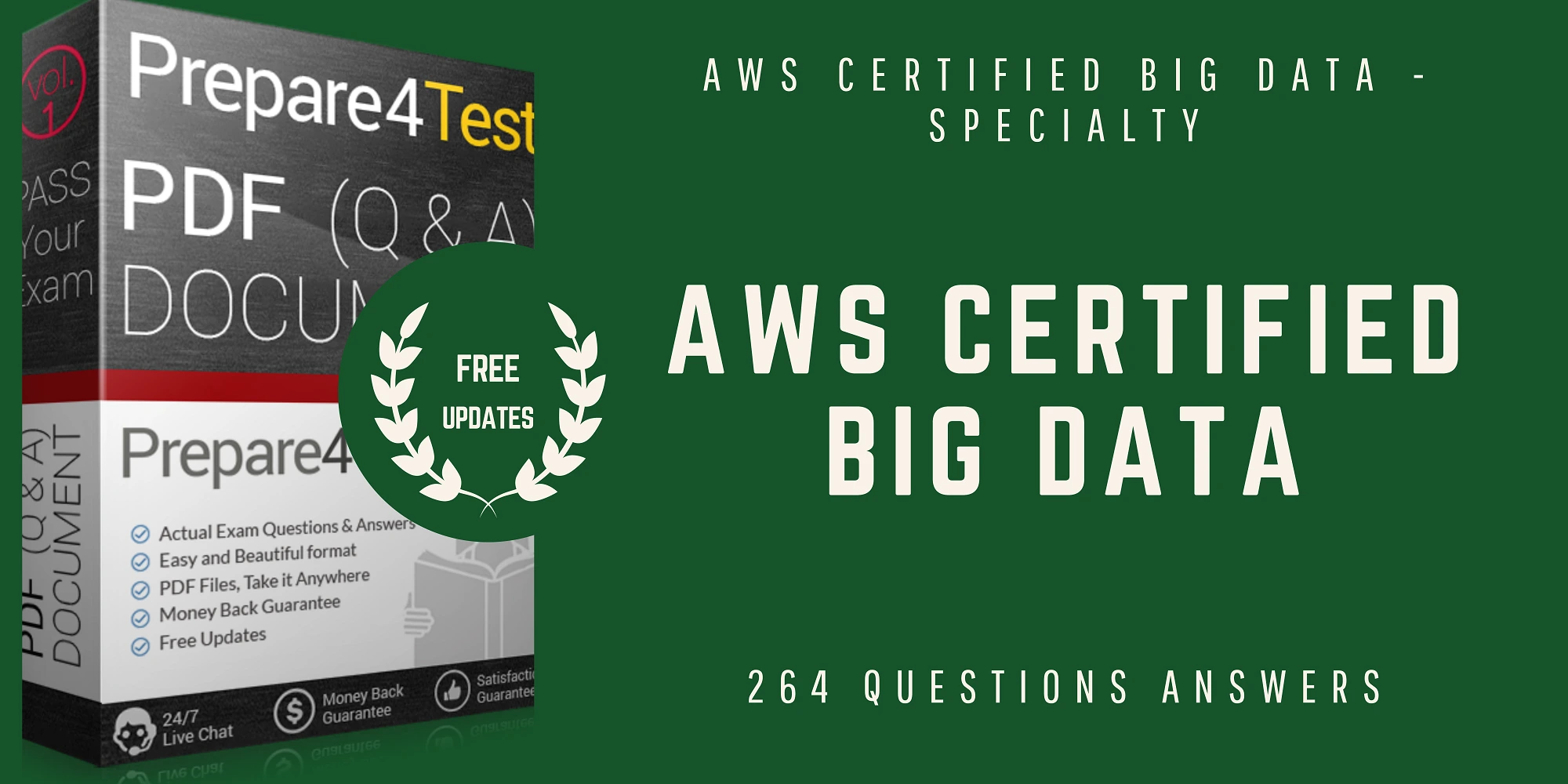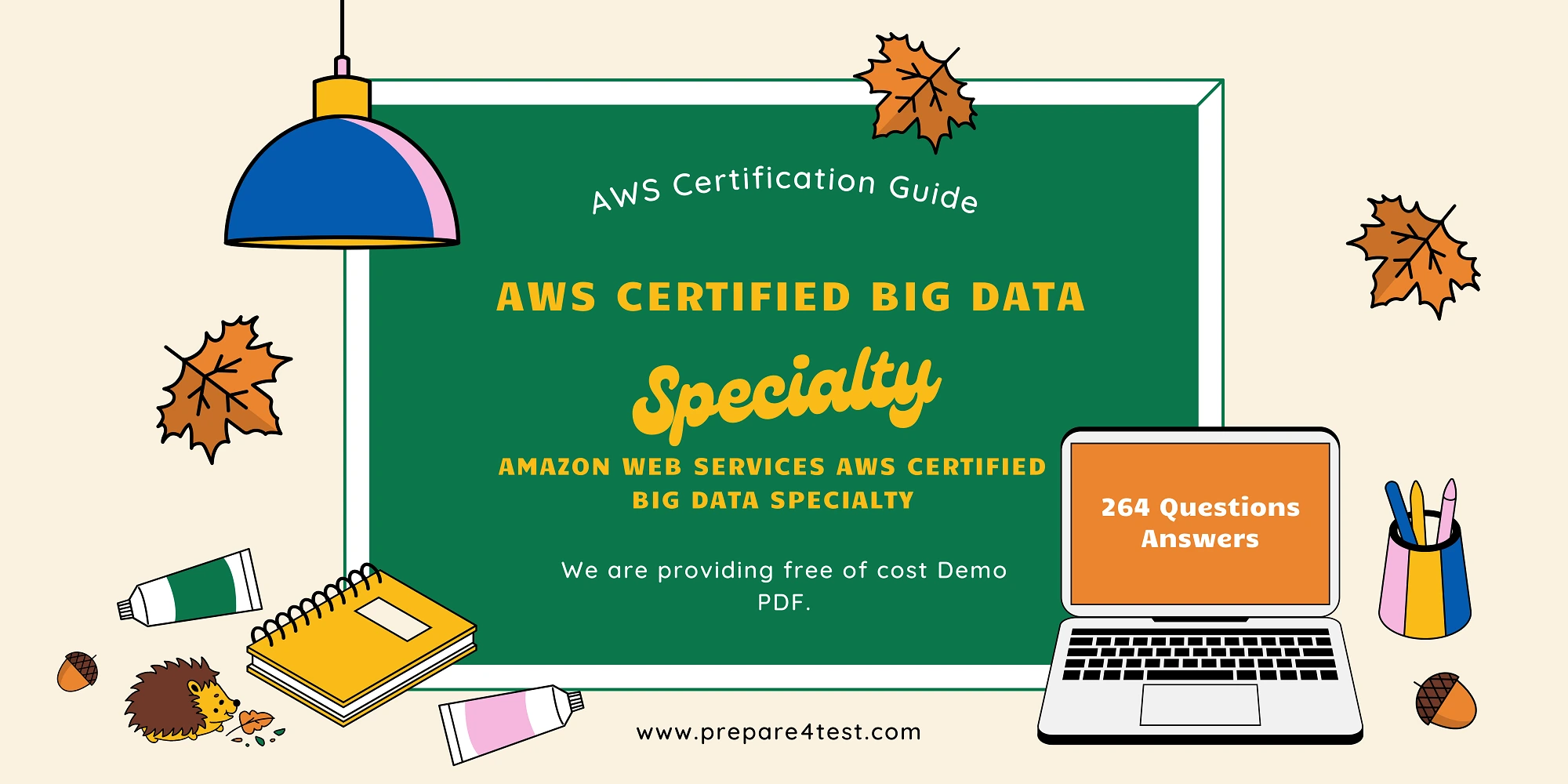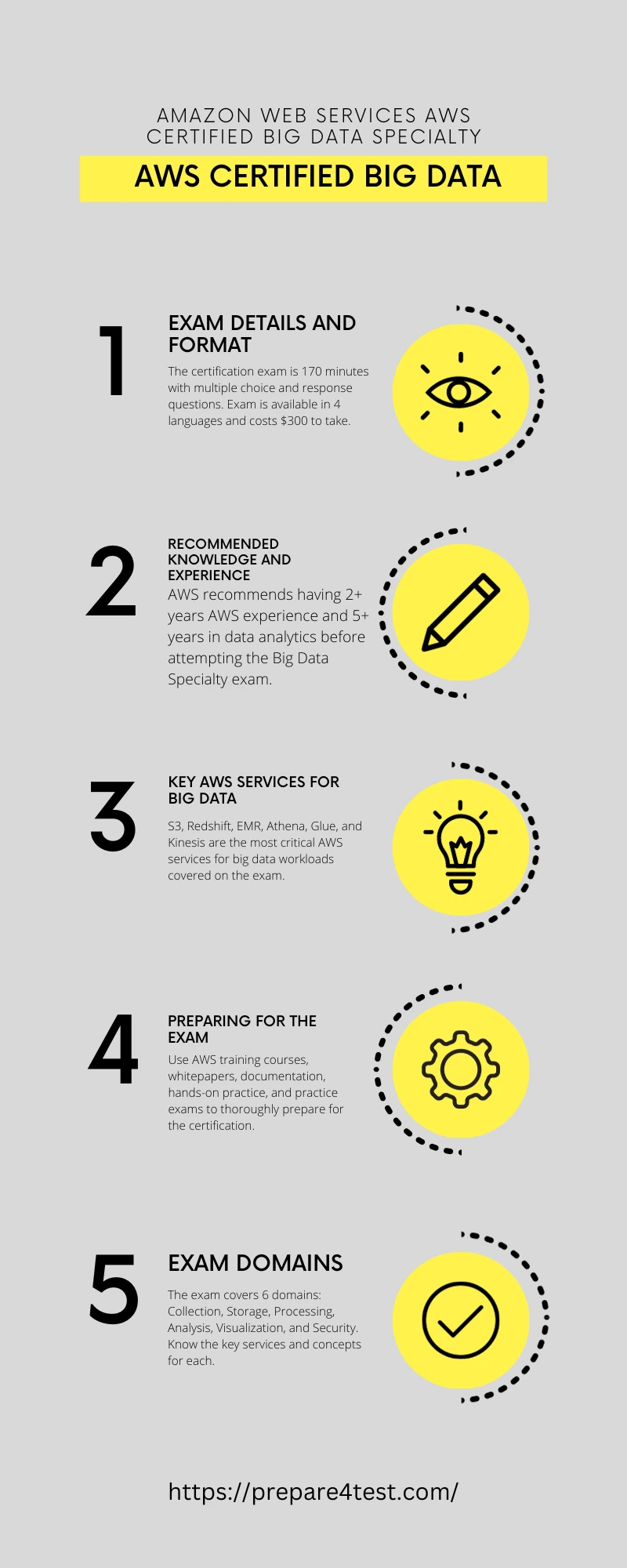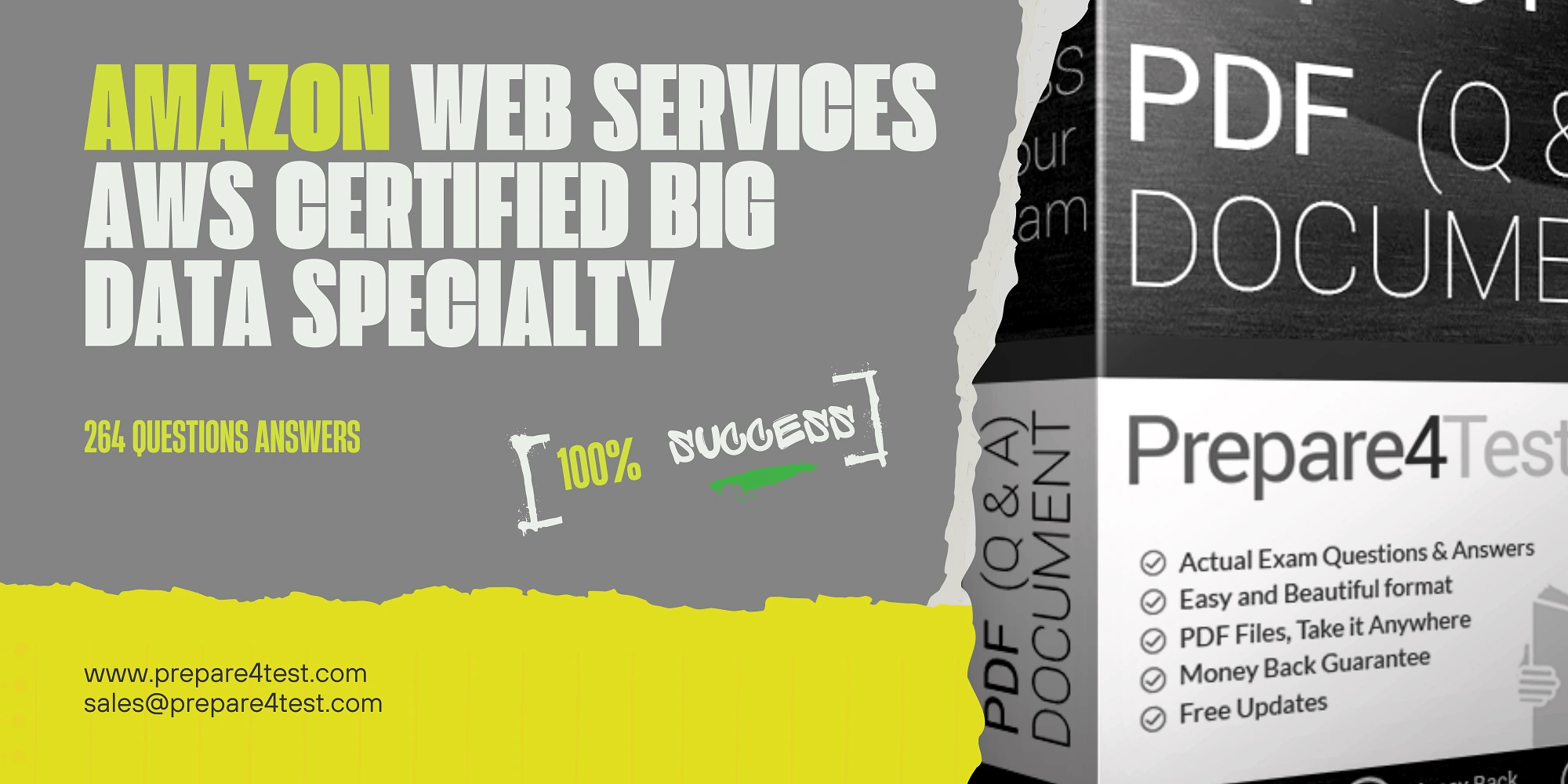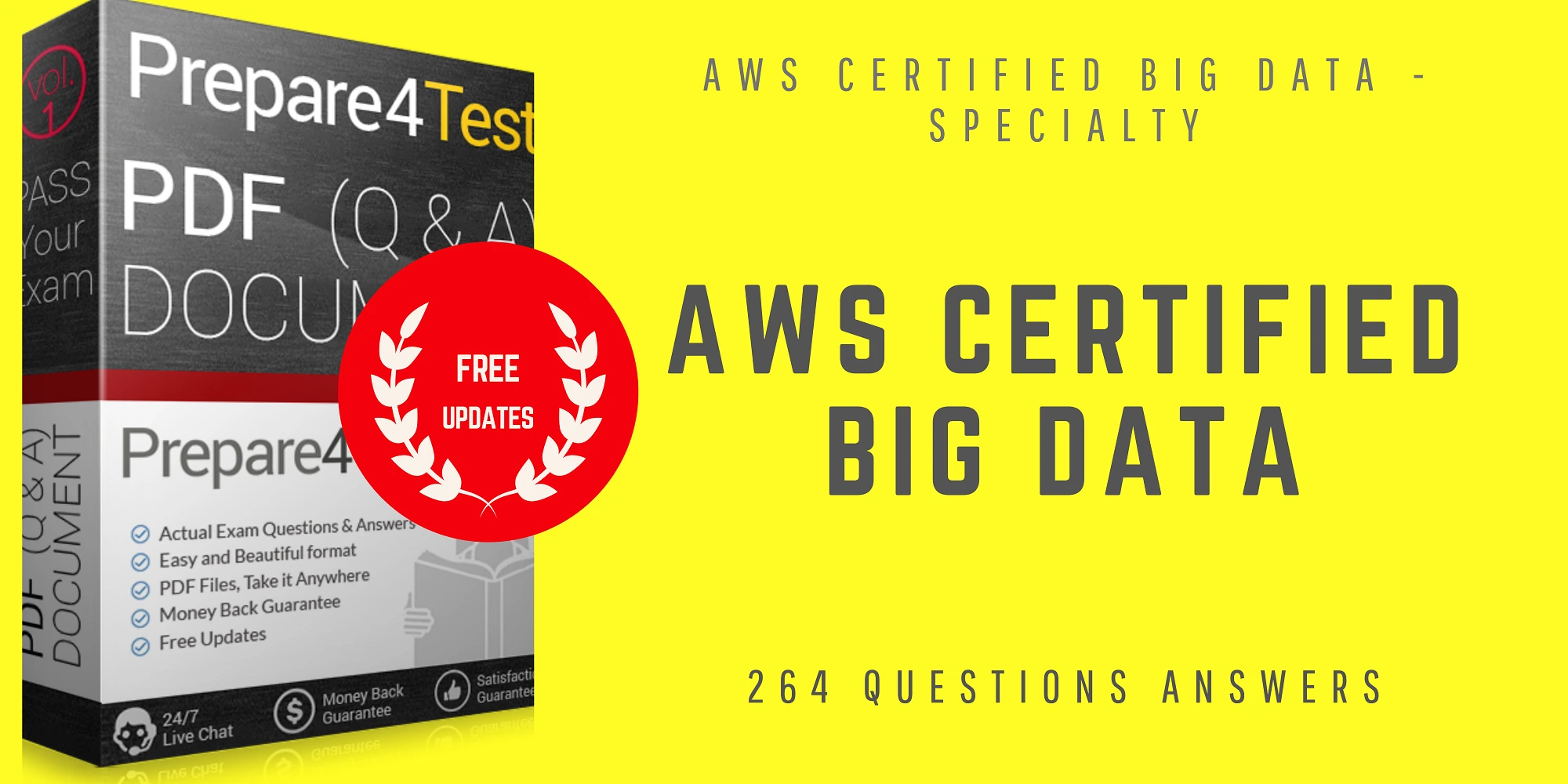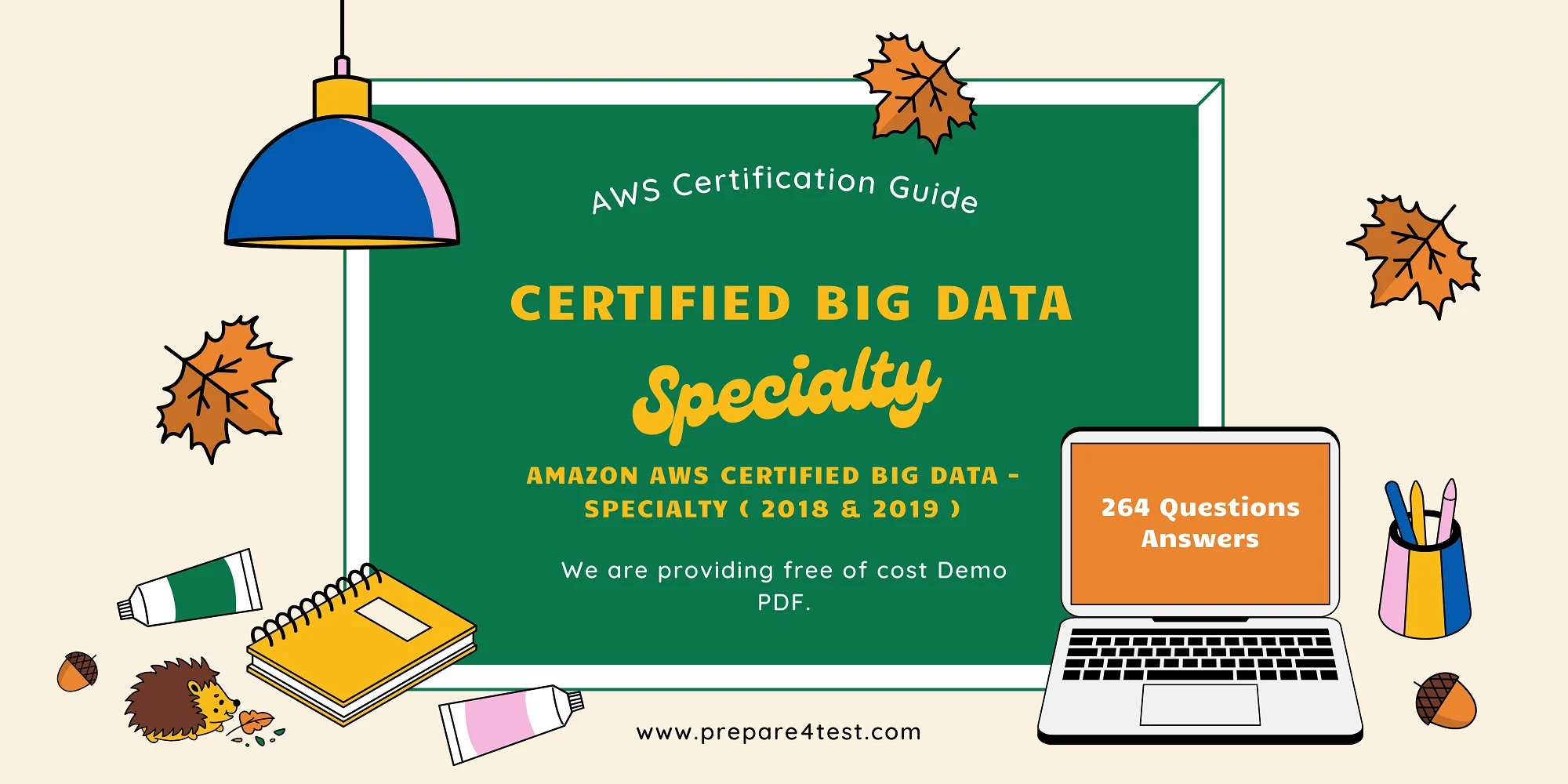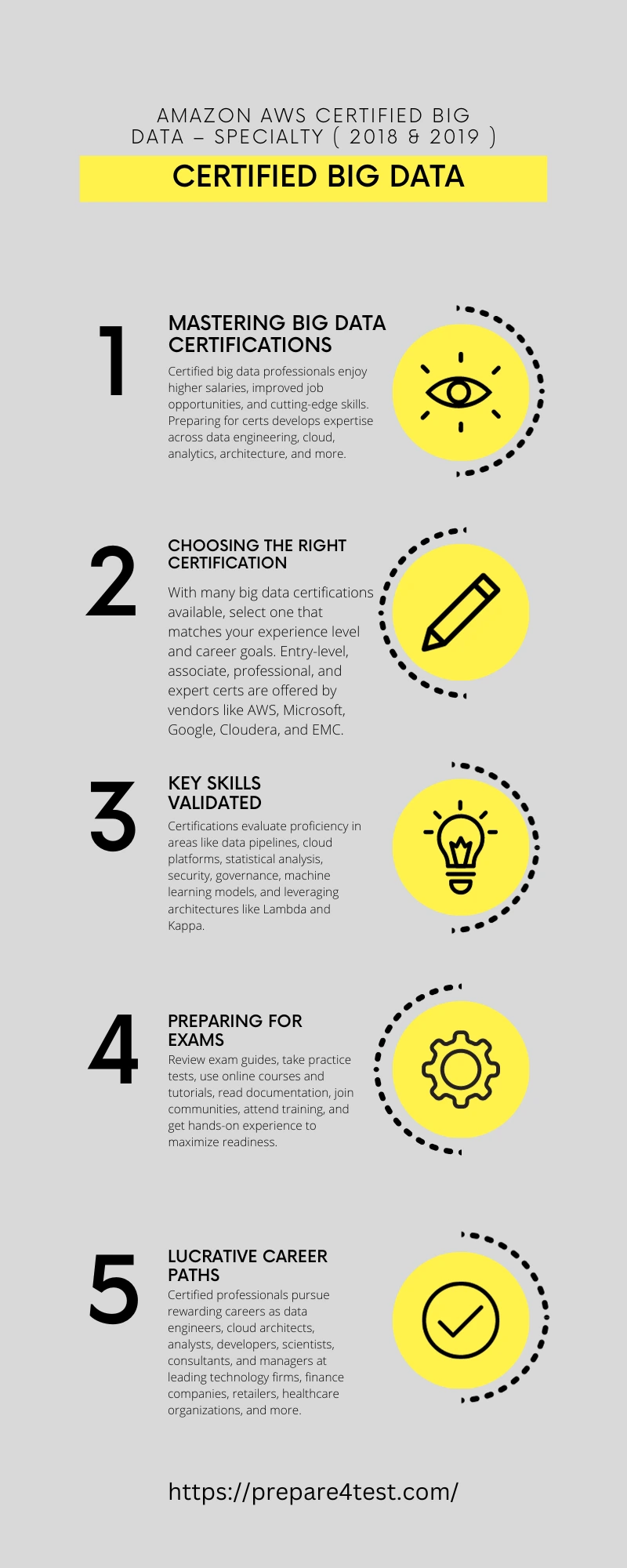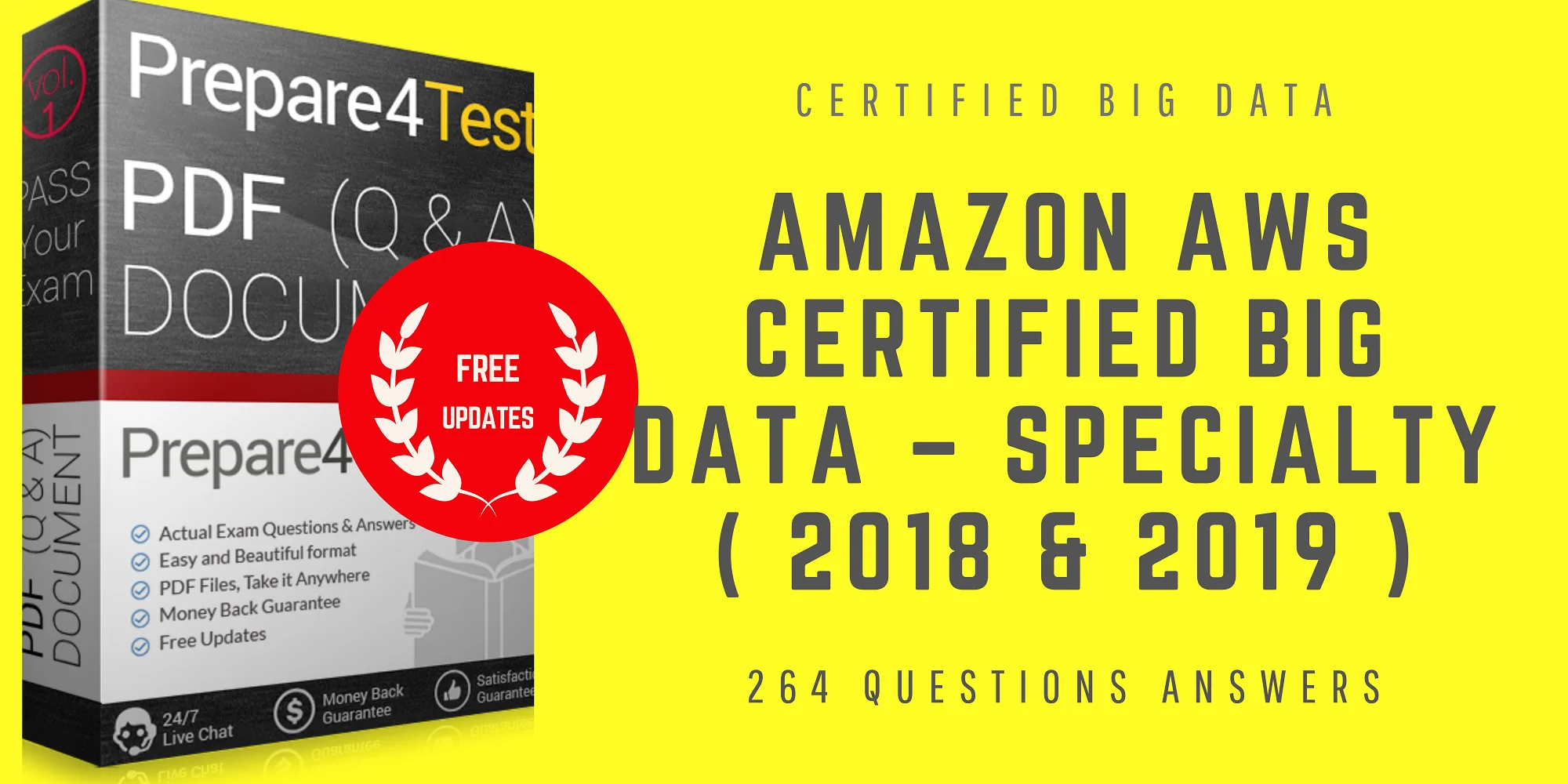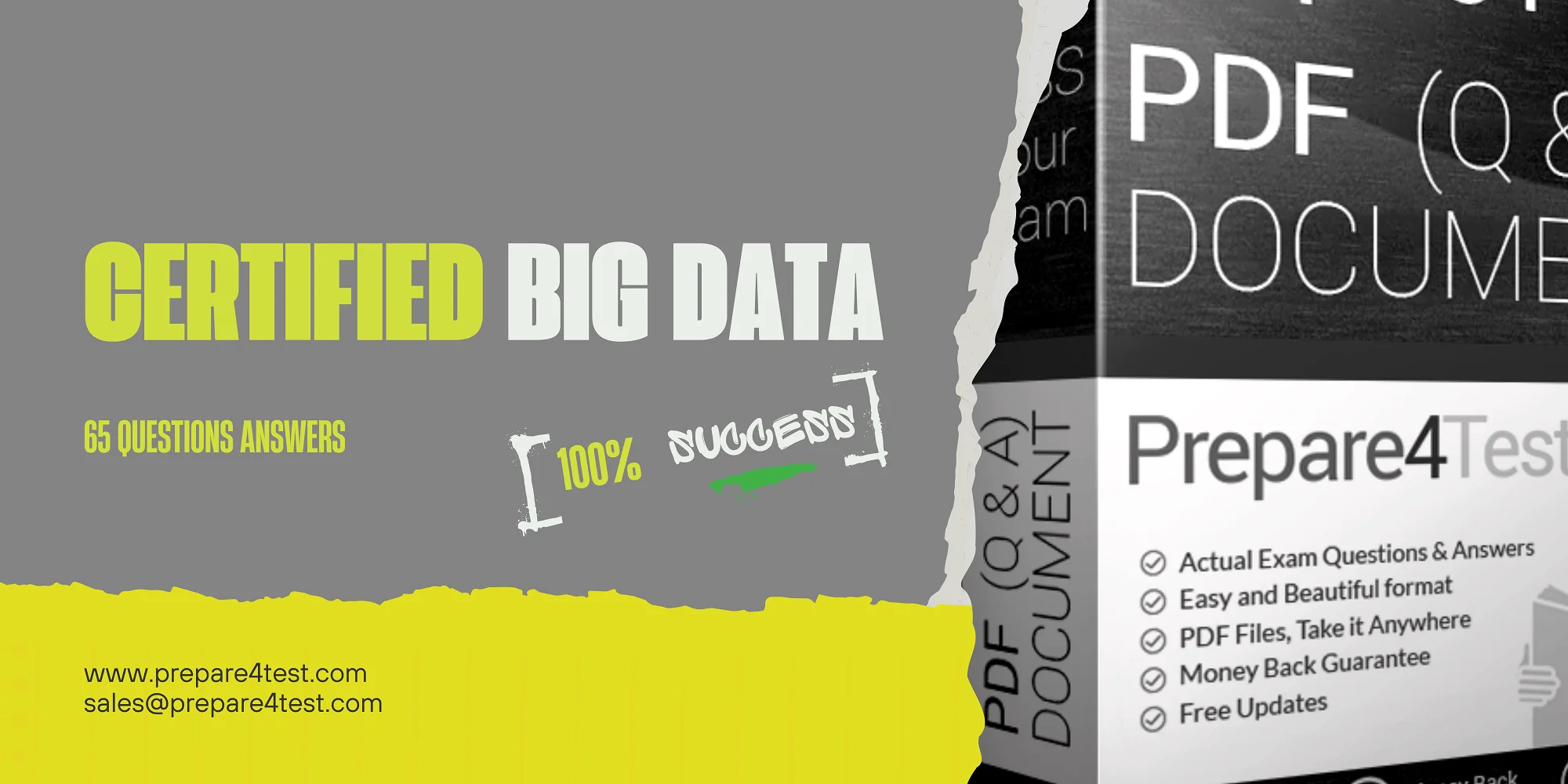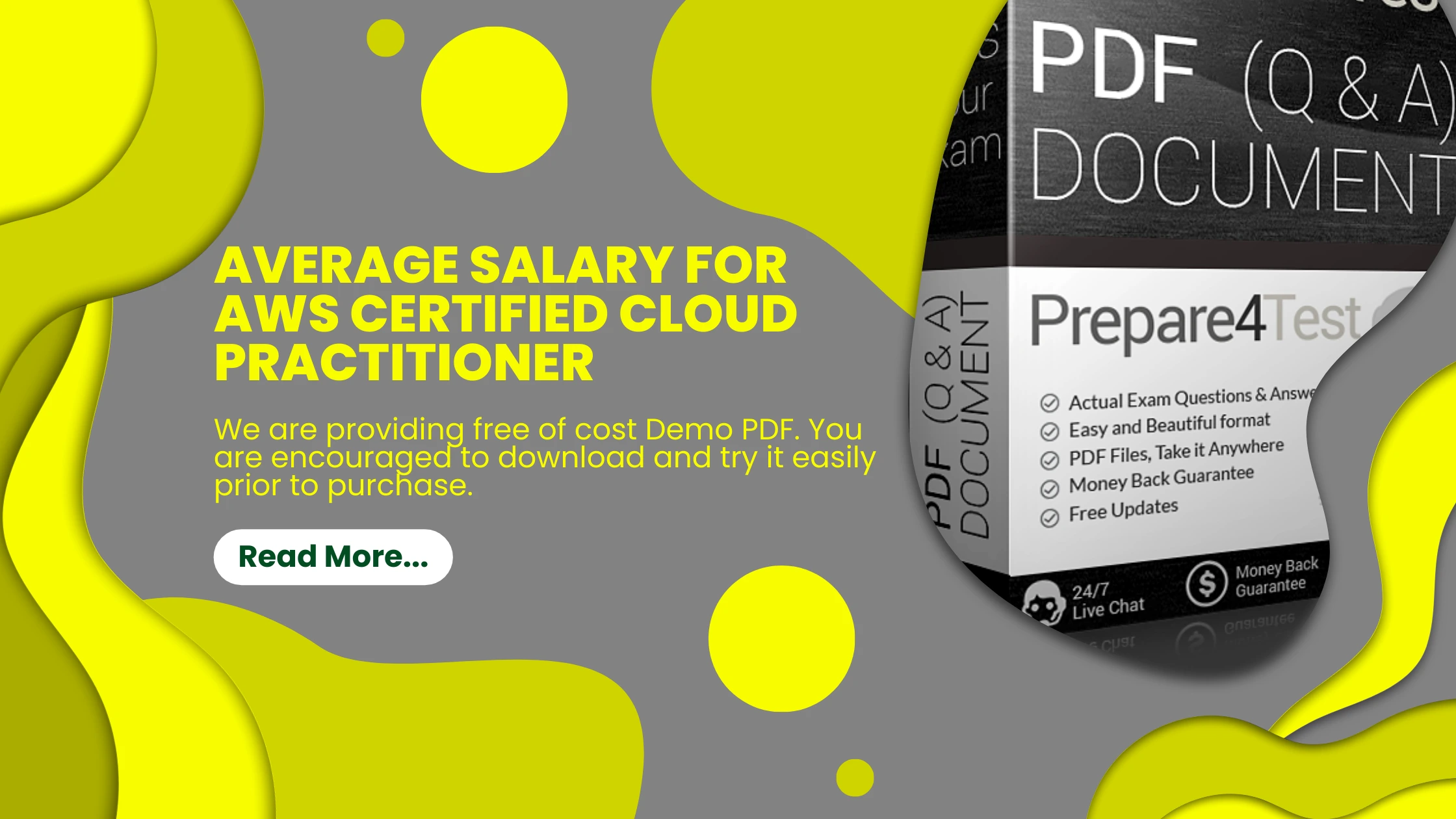
An entry-level credential that proves a basic understanding of AWS services is the AWS Certified Cloud Practitioner certification. As companies continue adopting cloud technologies, AWS skills are in high demand, making this certification a lucrative career move. The average salary for aws certified cloud practitioner in the US is around $91,038 per year, according to Glassdoor data.
AWS Certified Cloud Practitioner Overview
Foundational certification in the overall AWS cloud structure
The first level of certification available is called the AWS Certified Cloud Practitioner for overall knowledge of AWS cloud services and structure. It validates a foundational understanding of cloud concepts, AWS core services, security, architecture, pricing, and support.
As the first step in the AWS certification path, Cloud Practitioner provides baseline knowledge for those new to the cloud. It covers cloud computing fundamentals like benefits, economics, architectures, and migration strategies. Candidates gain literacy on AWS services for computing, storage, database, networking, security, analytics, and more.
The exam focuses on cloud best practices using the AWS Well-Architected Framework’s pillars – operational excellence, security, reliability, performance efficiency, cost optimization, and sustainability. Questions test core knowledge like AWS regions, availability zones, edge locations, and networking concepts.
With no prerequisites, Cloud Practitioner is ideal for those with limited AWS exposure looking to demonstrate cloud fluency. It validates understanding to effectively communicate about AWS services and solutions. Earning this foundational certification shows commitment to pursuing AWS expertise.
Covers core AWS services, security, architecture, pricing and support
The AWS Certified Cloud Practitioner exam covers knowledge of core AWS services across computing, storage, database, networking, analytics, and more. Candidates should understand the basic capabilities of key services like EC2, S3, RDS, and VPC.
The exam also tests knowledge of AWS security features and best practices using the Well-Architected Framework’s security pillar[3]. Topics include shared responsibility, identity and access management, encryption, security groups, and compliance standards.
Understanding AWS architecture principles is critical, like high availability, fault tolerance, elasticity, decoupling, and automation. Candidates should know the basics of cloud architecture design using AWS tools and features.
The exam covers AWS pricing models, account management, billing, support plans, and cost management tools. Questions assess knowledge of fundamental economic benefits and cost optimization on the cloud.
With foundational knowledge across core services, security, architecture, pricing, and support, Cloud Practitioner validates the ability to demonstrate basic AWS cloud fluency. The certification establishes core baseline knowledge for those new to AWS.
No technical background is required
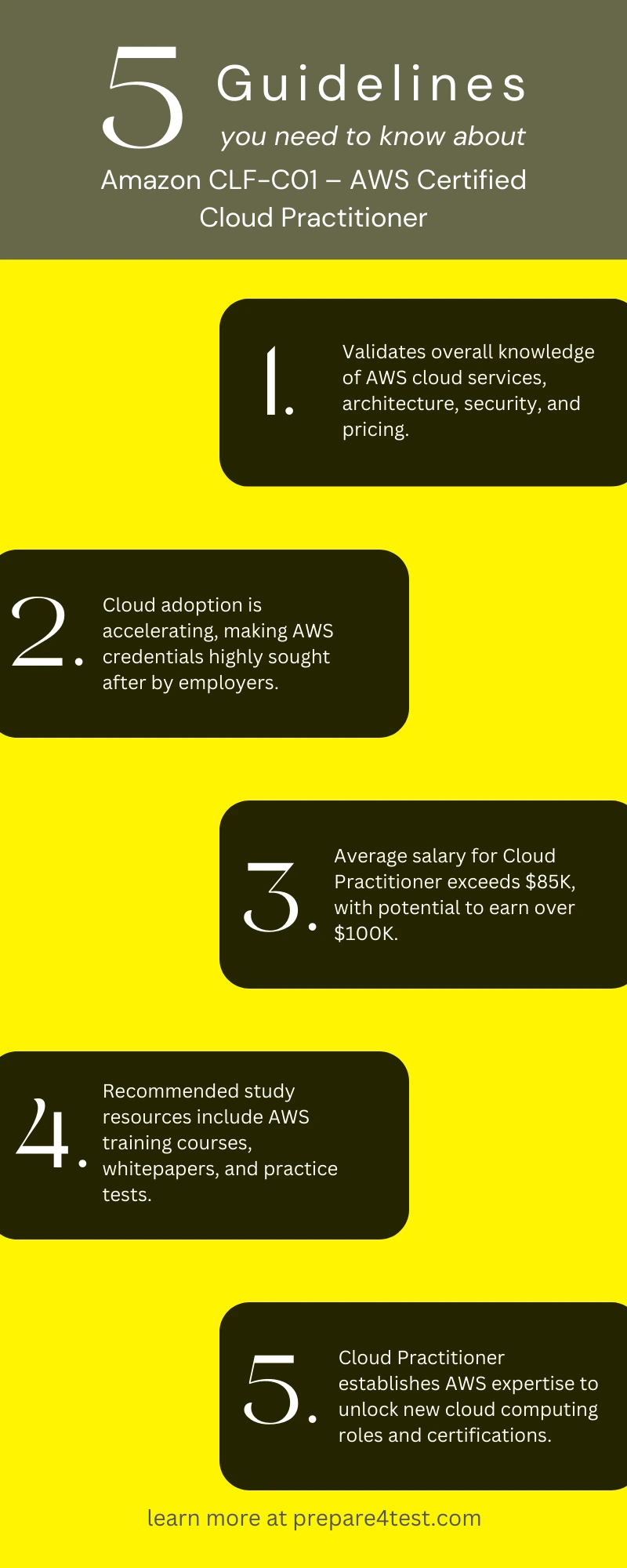
AWS Certified Cloud Practitioner exam does not need any technical background or prior AWS experience to pass. It is the ideal starting point for those new to the cloud or from non-technical roles looking to validate their overall understanding of AWS services.
With no prerequisites, the exam focuses on cloud concepts, benefits, basic AWS services, security, architecture, pricing, and support. Technical deep dives into specific services are not needed to pass.
Questions assess the ability to demonstrate cloud fluency, communicate about AWS, and understand how the cloud can achieve business goals. Scenarios focus on business outcomes rather than technical implementation.
The exam validates cloud knowledge to have informed conversations about AWS, not hands-on skills. Candidates should understand the fundamentals to explain AWS offerings at a high level.
While technical roles will benefit from Cloud Practitioner, the exam is intentionally designed for those with limited AWS exposure. Marketing, sales, finance, and other business roles can demonstrate cloud literacy without technical expertise.
With foundational cloud knowledge, the certification enables contributors across the business to effectively communicate about the AWS Cloud. It establishes baseline understanding without requiring a technical background.
Recommended starting point for AWS certifications
The AWS Certified Cloud Practitioner is the recommended starting point for those pursuing AWS certifications. As the foundational certification, Cloud Practitioner provides an overall understanding of AWS services, benefits, pricing, security, and more.
With no prerequisites, Cloud Practitioner validates baseline AWS cloud knowledge for non-technical and technical roles alike. It establishes a core understanding of AWS to enable informed conversations and business decisions.
After Cloud Practitioner, recommended paths diverge depending on interests and experience. Associates like Solutions Architect or Developer build deeper hands-on skills for technical roles. Professionals like Solutions Architect validate advanced expertise in designing and operating complex AWS environments.
Specialties like Security or Machine Learning demonstrate niche skills in specific domains. But Cloud Practitioner is widely viewed as the ideal entry point before advancing to associate, professional, or specialty certifications.
It delivers fundamental knowledge to set up success in further AWS certification pursuits. For those new to the cloud, Cloud Practitioner is the recommended first step to launch an AWS certification journey.
Cloud Practitioner Job Role and Responsibilities
The bridge between the technical and business sides of cloud adoption
The AWS Certified Cloud Practitioner acts as a bridge between the technical and business aspects of cloud adoption. They communicate how the AWS Cloud can achieve an organization’s business goals and ensure alignment between technology decisions and strategic objectives.
In their bridging role, Cloud Practitioners understand the technical components like services, architecture, and infrastructure to explain AWS offerings. But they also grasp business needs and processes to identify where the cloud can drive efficiency, innovation, and competitive advantage.
Cloud Practitioners work with both IT teams executing the technology transformation and business stakeholders managing organizational change. They can articulate technical considerations in a business context and translate business needs into technical requirements.
By bridging the gap between technology implementation and business strategy, the Cloud Practitioner accelerates an organization’s cloud adoption journey. They provide a critical connection point to ensure the people and process changes necessary to realize the full business value of cloud transformation.
Ensure alignment of technical decisions with business goals
The AWS Certified Cloud Practitioner acts as a bridge to ensure technical decisions align with business goals during cloud adoption. They understand how AWS services can achieve strategic objectives and translate business needs into technical requirements.
Cloud Practitioners evaluate if technical choices match business priorities around factors like cost, security, and scalability. For example, they advise if a NoSQL database like DynamoDB meets business needs better than a relational database like RDS.
They provide guidance on balancing performance and cost when selecting AWS instance types, storage options, and networking configurations. Cloud Practitioners confirm technical direction adheres to compliance and governance standards important for the business.
By validating the alignment between technology decisions and business goals, the Cloud Practitioner maximizes value from cloud investments. They ensure technical teams build solutions that serve the organization’s strategic needs.
The Cloud Practitioner certification validates skills to bridge technical and business perspectives for optimal cloud adoption outcomes. Candidates can demonstrate this critical bridging capability valued by employers.
Resolve scalability and integration challenges
A key responsibility of the AWS Certified Cloud Practitioner is resolving scalability and integration challenges during cloud adoption. Cloud Practitioners anticipate and solve scalability issues as business needs evolve. They evaluate if the current architecture can scale to support growth and advise on services like auto-scaling to dynamically add resources.
Cloud Practitioners also handle integrating AWS with on-premises legacy systems and third-party solutions. They architect secure, performant connections between cloud and on-premises using AWS VPN or Direct Connect. Cloud Practitioners recommend services like AWS SQS and Kinesis to integrate streaming data sources with cloud workloads.
To resolve integration challenges, Cloud Practitioners may advise using containers and orchestration services like ECS and EKS to modernize existing applications. They design solutions to integrate AWS with internal and external systems to deliver seamless hybrid cloud experiences.
By resolving scalability and integration obstacles, Cloud Practitioners help organizations use the cloud to its fullest potential. Their skills to overcome these technical challenges accelerate cloud adoption.
Handle basic tasks like account management and billing
A key duty of the AWS Certified Cloud Practitioner is handling account management, billing, and basic administrative tasks. Cloud Practitioners set up new AWS accounts and manage existing ones by assigning users, applying security policies, and configuring access controls.
They monitor account activity and billing to identify usage trends and anomalies. Cloud Practitioners recommend cost optimization strategies like right-sizing resources or leveraging Reserved Instances.
For billing, Cloud Practitioners understand pricing models and account structures to advise on cost-efficient architectures. They leverage consolidated billing and volume discounts across accounts to reduce expenses.
Cloud Practitioners choose appropriate support plans to resolve account and billing issues. They track service limits and requests to manage account capacity.
By taking care of essential account, billing, and administrative duties, the Cloud Practitioner enables organizations to effectively utilize the AWS Cloud. Their skills to handle these basic but critical tasks are valued by employers.
Skills Needed
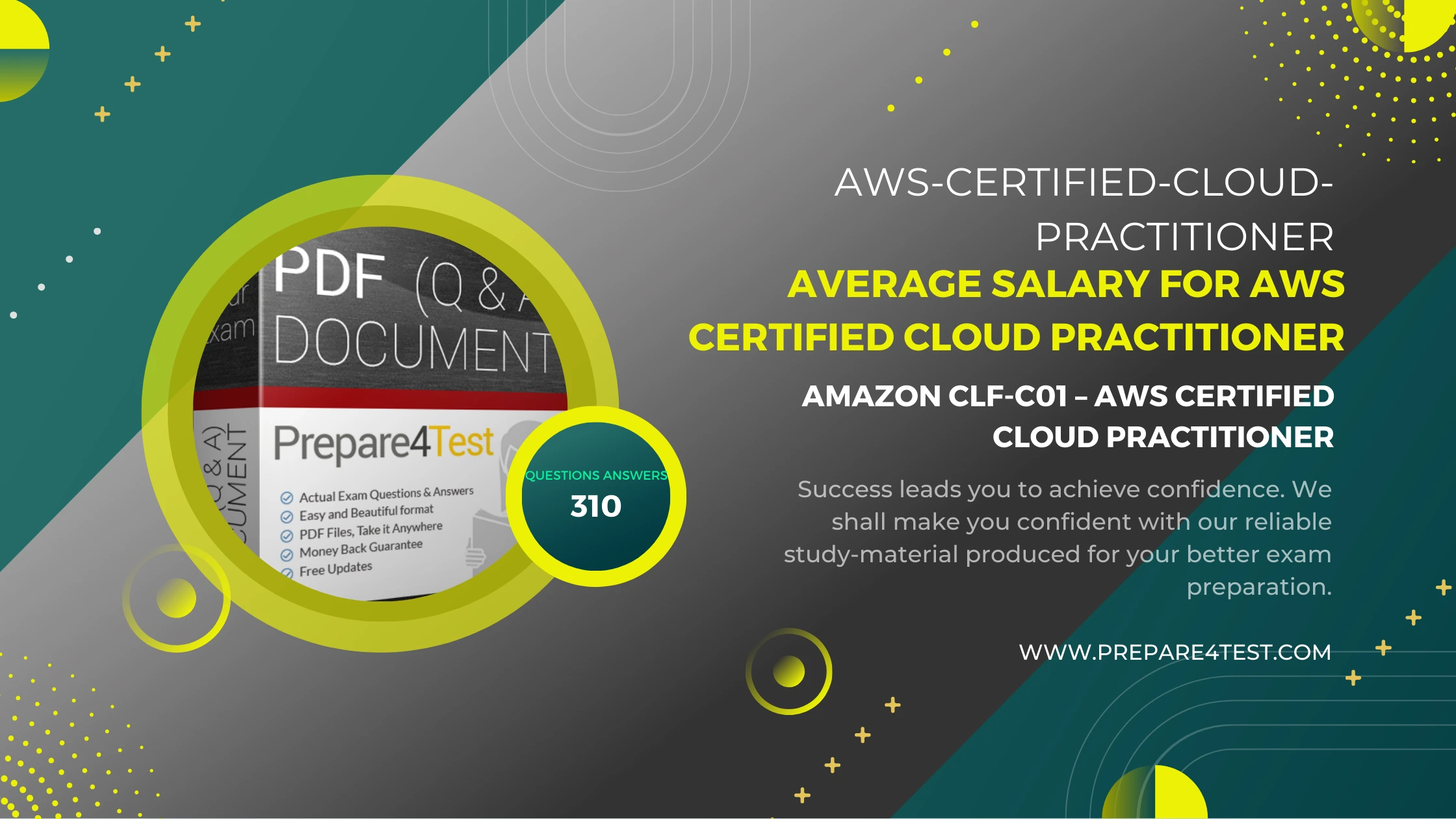
To succeed as an AWS Certified Cloud Practitioner, candidates should possess strong communication and problem-solving skills. Cloud Practitioners need to translate complex technical concepts into easy-to-understand language for business stakeholders. Excellent verbal, written, and presentation abilities are critical.
Cloud Practitioners should have good customer service skills to interface with clients and troubleshoot issues. An understanding of business needs and processes allows Cloud Practitioners to identify where AWS can drive efficiencies.
Strong decision-making skills empower Cloud Practitioners to confidently choose the right AWS services and architecture to meet requirements. Cloud Practitioners should stay curious and eager to learn about new AWS offerings.
On the technical side, Linux OS proficiency provides a solid foundation. A familiarity with Python or Java would be helpful but is not needed. Understanding of databases, networking, servers, and infrastructure is key.
Soft skills like project management, collaboration, and strategic thinking also benefit Cloud Practitioners in their bridging role. Overall, excellent communication, business acumen, problem-solving, and decision-making represent the core skills.
Average Salary and Job Opportunities
The AWS Certified Cloud Practitioner opens doors to lucrative entry-level cloud computing careers. ZipRecruiter reports that a cloud practitioner’s average pay in the United States is $85,866. Salaries vary based on location, experience, and industry.
Top entry-level cloud jobs for AWS-certified practitioners include:
– Cloud Engineer – $107,043 average salary
– DevOps Engineer – $112,688 average salary
– Cloud Architect – $132,235 average salary
– SysOps Administrator – $69,397 average salary
– Developer – $95,220 average salary
Higher pay is attainable by pursuing associate, professional, and specialty certifications. For example, a Solutions Architect Associate earns $122,000 on average.
While Cloud Practitioner validates baseline knowledge, combining it with hands-on certs like Solutions Architect or SysOps unlocks higher salaries. Experience also boosts pay, with 7-9 years in cloud roles earning $112,507-$119,782 on average.
Overall, Cloud Practitioner is an excellent starting point for lucrative cloud computing careers. While an entry-level cert, it establishes AWS credentials to qualify for diverse and well-paid cloud roles.
Getting AWS Certified Cloud Practitioner
In order to become an AWS Certified Cloud Practitioner, candidates should thoroughly study AWS services and concepts using recommended preparation materials. Whitepapers, training courses, practice exams, and the exam guide detail the knowledge required.
Hands-on experience with AWS services is not mandatory, but useful. Focus studying on cloud concepts, core AWS services, security, architecture, pricing, and support.
There are a total of 65 multiple-choice and short-answer questions to be answered in 90 minutes. Translations into English, Japanese, Korean, and Simplified Chinese are all on hand. Candidates need to get 700 out of a possible 1,000 points in order to pass.
After earning the certification, renewal is required every two years. Renewal options include retaking the exam, completing an Associate, Professional, or Specialty exam, or earning Continuing Education credits.
AWS recommends allowing at least 3-6 months to prepare through self-study resources. Classroom and digital training can accelerate preparation. Leveraging study groups, practice exams, and training courses maximize chances of passing on the first try.
Overall, the Cloud Practitioner exam validates foundational AWS knowledge through a 90-minute, 65 question exam. Thorough preparation using recommended resources ensures readiness to pass and earn this entry-level certification.
Conclusion
Earning the AWS Certified Cloud Practitioner certification provides a strong foundation for a career in cloud computing. While an entry-level credential, Cloud Practitioner establishes credibility and demonstrates a commitment to pursuing AWS expertise.
With businesses rapidly migrating to the cloud, this foundational certification validates in-demand skills. In the United States, an AWS Certified Cloud Practitioner can expect an average annual compensation of more than $85,000, with lucrative opportunities for growth.
Achieving the certification is within reach even for those new to AWS and technical roles. Relevant work experience is not required. Recommended preparation includes AWS training courses, whitepapers, and practice exams.
The Cloud Practitioner exam is a 90-minute, 65-question test to validate overall AWS cloud knowledge. Passing with a minimum score of 700 earns the certification.
For individuals interested in pursuing cloud computing careers, Cloud Practitioner is the ideal starting point. It delivers core AWS literacy to unlock new job roles, higher salaries, and further AWS certifications.
With businesses accelerating cloud adoption, professionals with AWS credentials are in high demand. The Cloud Practitioner certification opens the door to new opportunities. According to Glassdoor, the estimated average salary for aws certified cloud practitioner in the USA is around $91,038 per year.
Citations:
